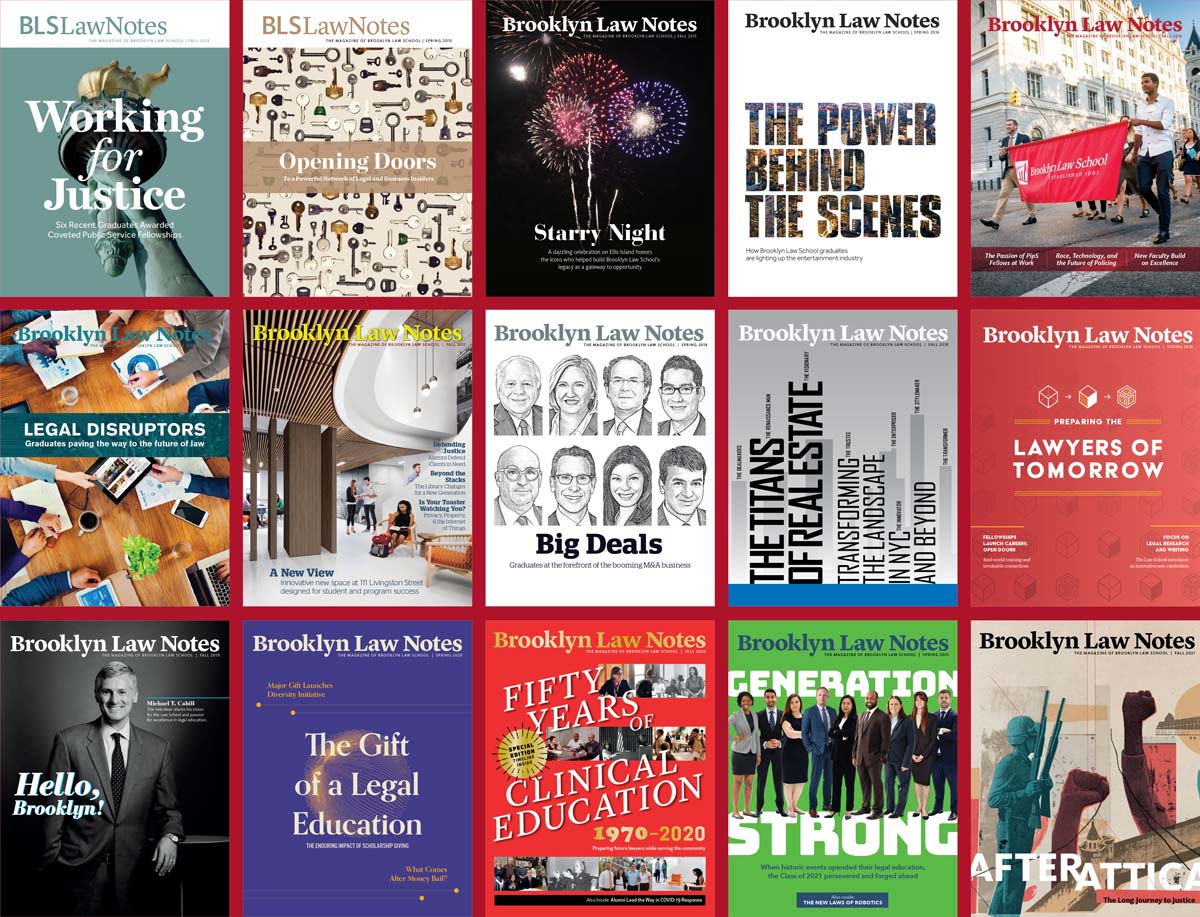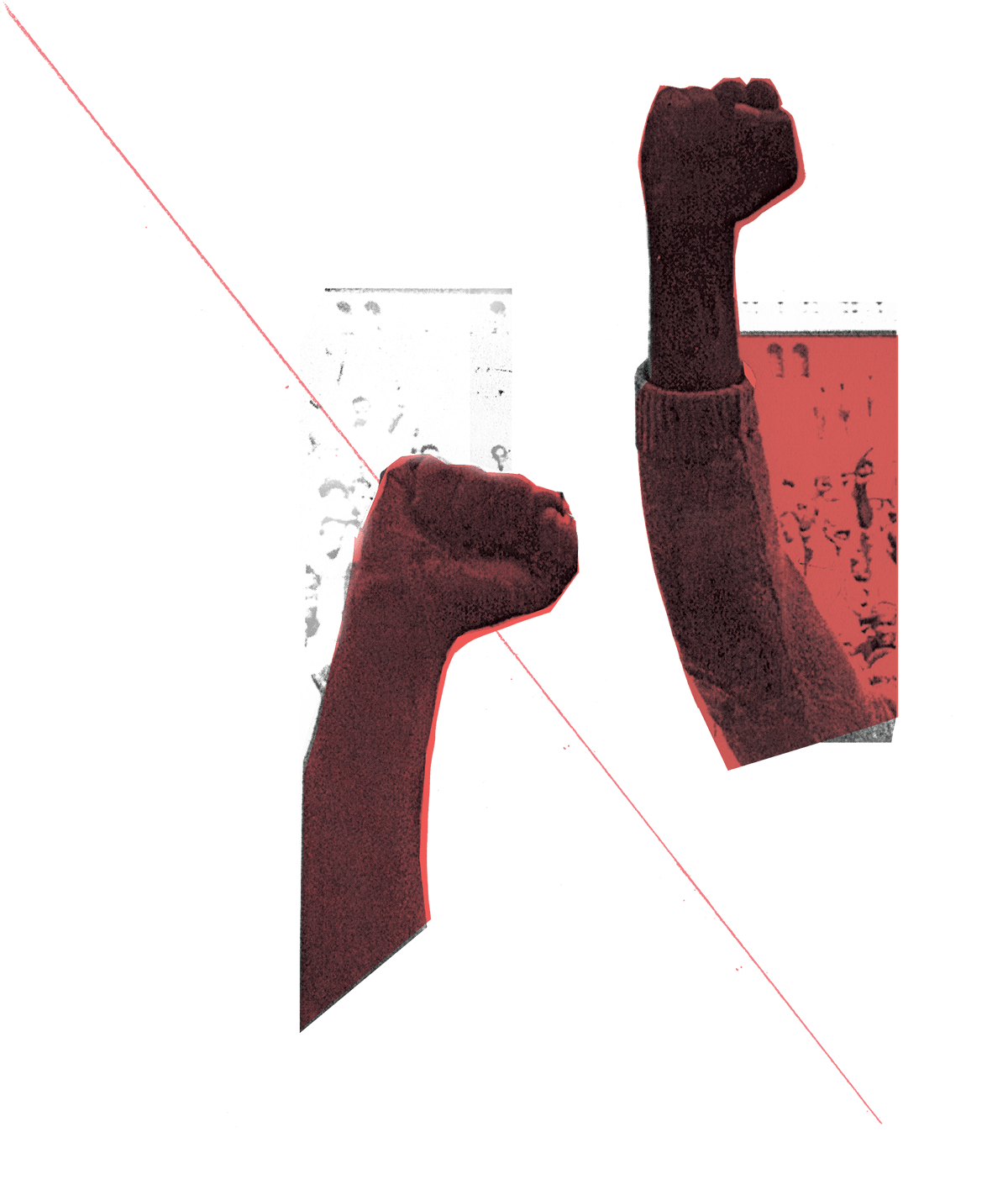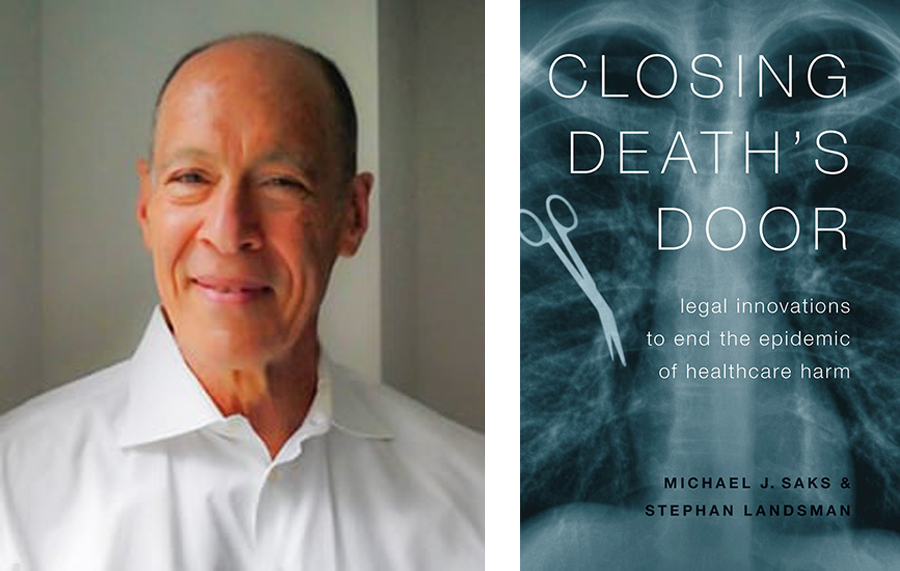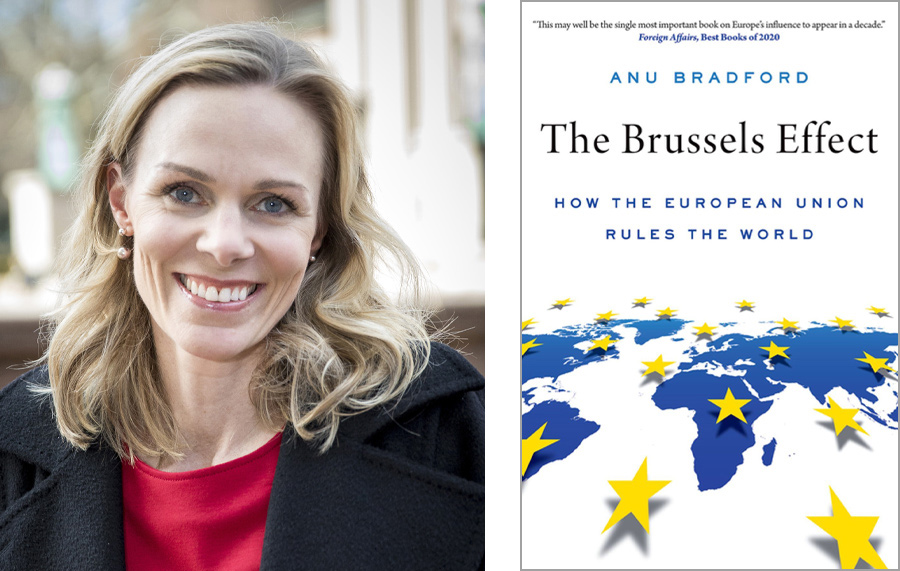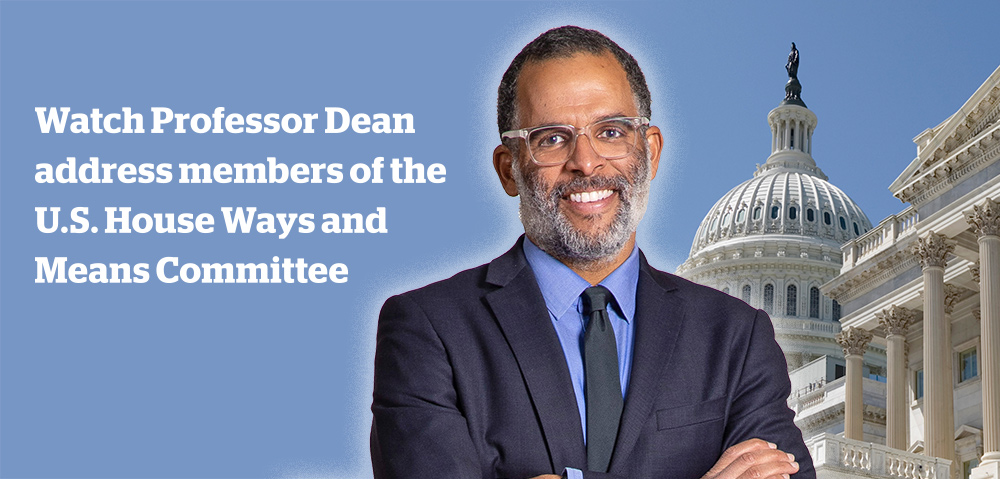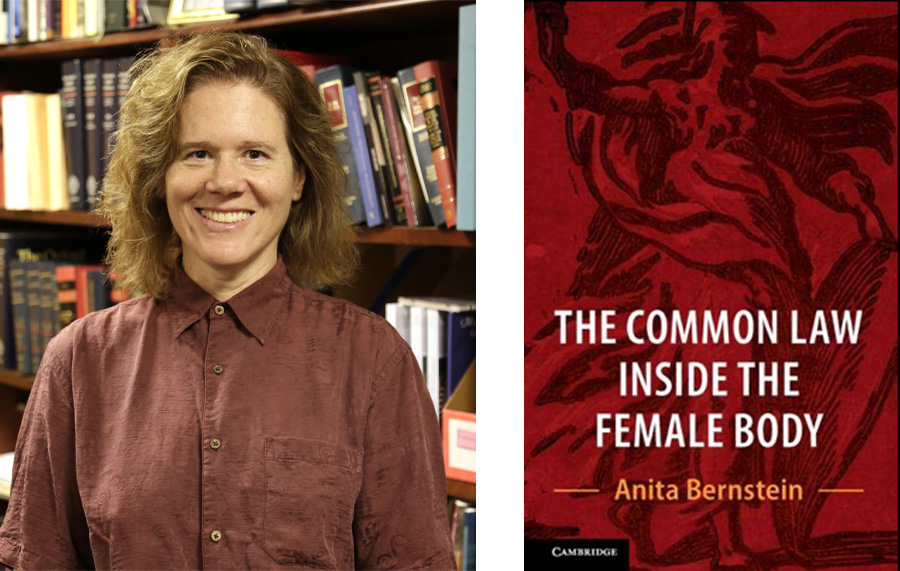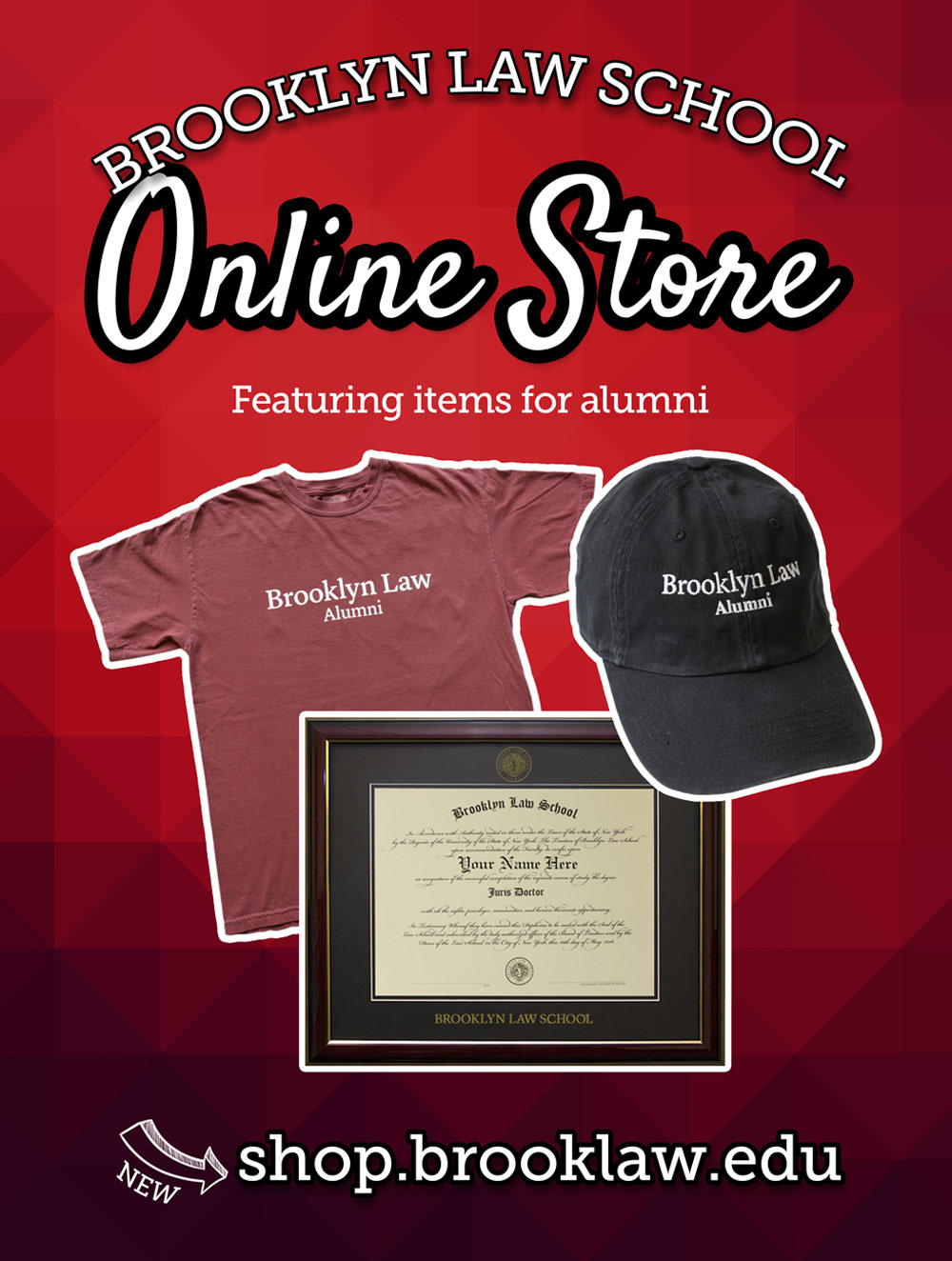Our web-based readership survey only takes about 9 minutes to complete. Your participation is greatly appreciated and will inform the future direction of the magazine.
Every survey taker will be entered to win Brooklyn Law School gear.

Dean’s Message
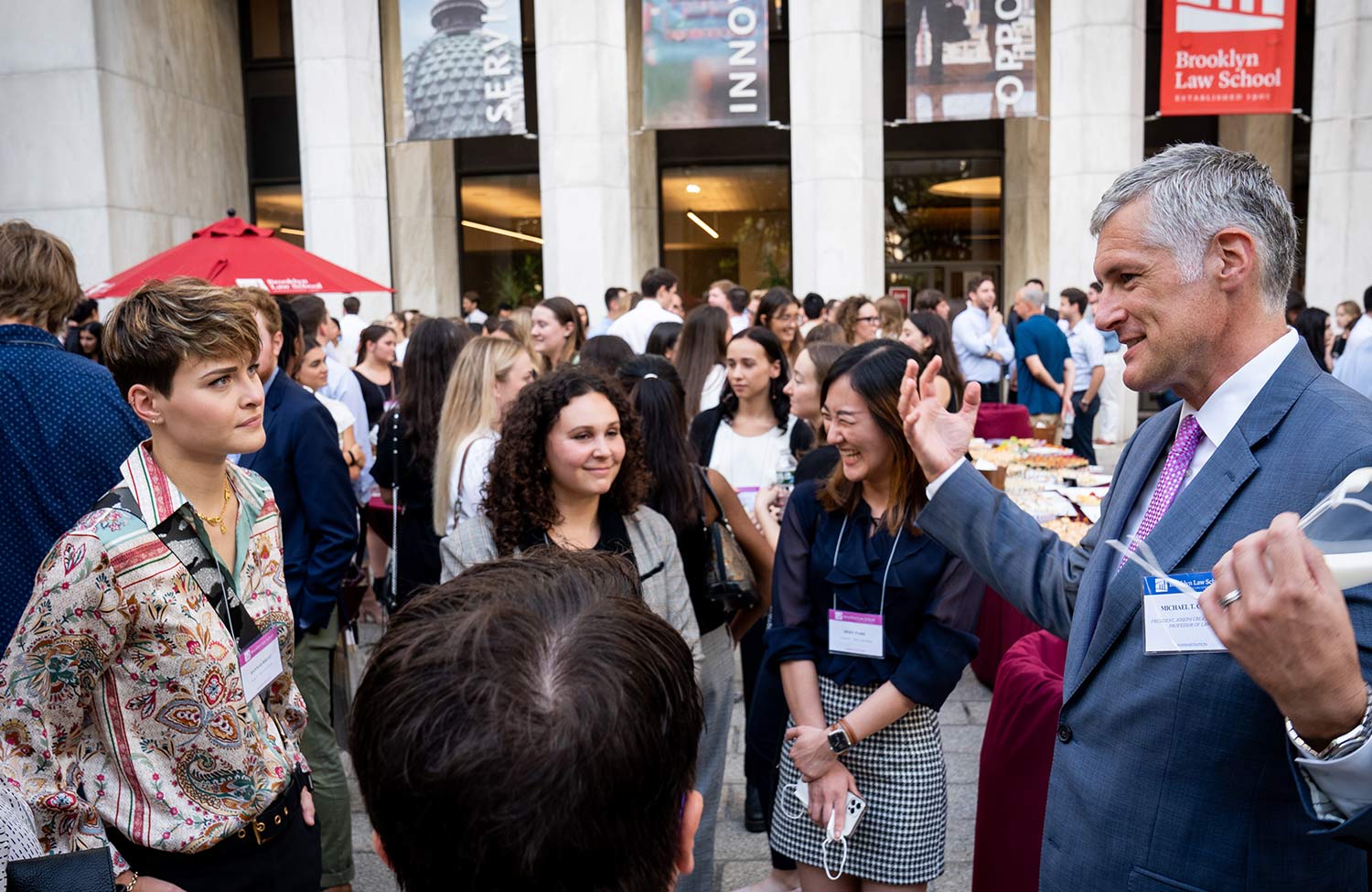
UTUMN IS A SEASON of relative repose and domesticity. After the escapades, travels, and outdoor activities of summer, we begin to turn back to the local, the indoors, the comfortable and familiar. In the topsy-turvy world of the pandemic, however, to be indoors is not always comfortable and can seem oddly unfamiliar.
Here at Brooklyn Law School, the resumption of in-person classes has been, overall, a successful one, but also tempered with caution and concern. Fortunately, I am happy to report that our safety measures in this new environment have been effective. With our fully vaccinated community and indoor masking, we have as yet seen no evidence of any transmission of COVID-19 from one person to another in our classrooms or on our campus. One could hardly say that life here is back to normal; even so, life here is back, and that’s something to celebrate.
Autumn is also a time of transitions, some gradual, some abrupt. At the end of this semester, Professor Roberta Karmel, one of the true giants in our law school’s history, will retire from the full-time faculty. Her stellar career and many accomplishments are highlighted in this issue. Yet, Roberta’s ongoing plans and commitments to write and speak in various venues make clear that “retired” does not mean “inactive.” While she is in the autumn of her career, much remains, and we look forward to her continued, albeit somewhat reduced, presence and contributions as a scholar, teacher, and colleague.
Executive Director of Communications
Rosemarie Yu
2communiqué
Nanette Maxim
Todd France
Michael Meyer
Conor Sullivan
Brooklyn Law School
250 Joralemon Street
Brooklyn, NY 11201

Law School Welcomes Incoming Class at On-Campus Convocation
The ceremony was held in four locations around the Law School, with a featured speaker at each site and the event livestreamed to all.
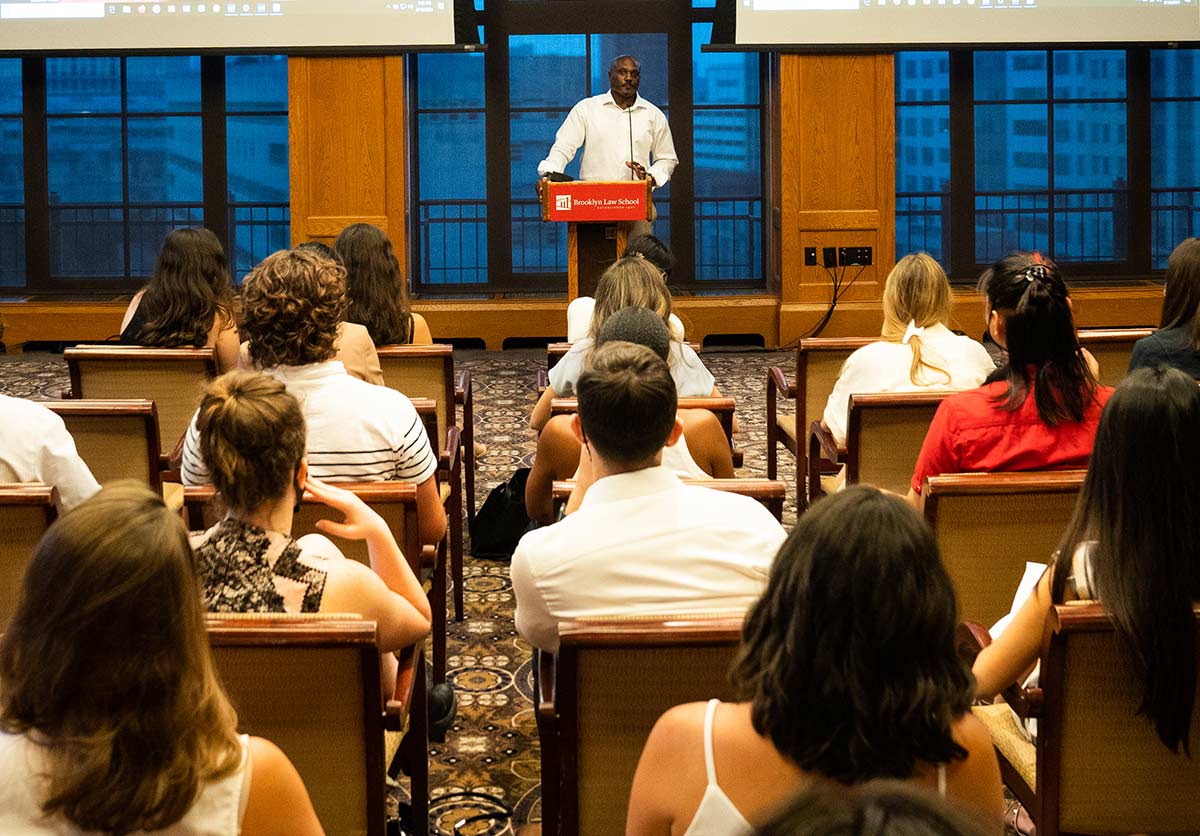
Grant, who also serves as head of the Global Litigation Group’s special investigation unit for institutional securities and investment management at Morgan Stanley, offered advice from his own experience as a first-generation law student and urged the aspiring attorneys to focus on building professional and personal relationships that would support them as they built their careers.
Celebrating the Class of 2021
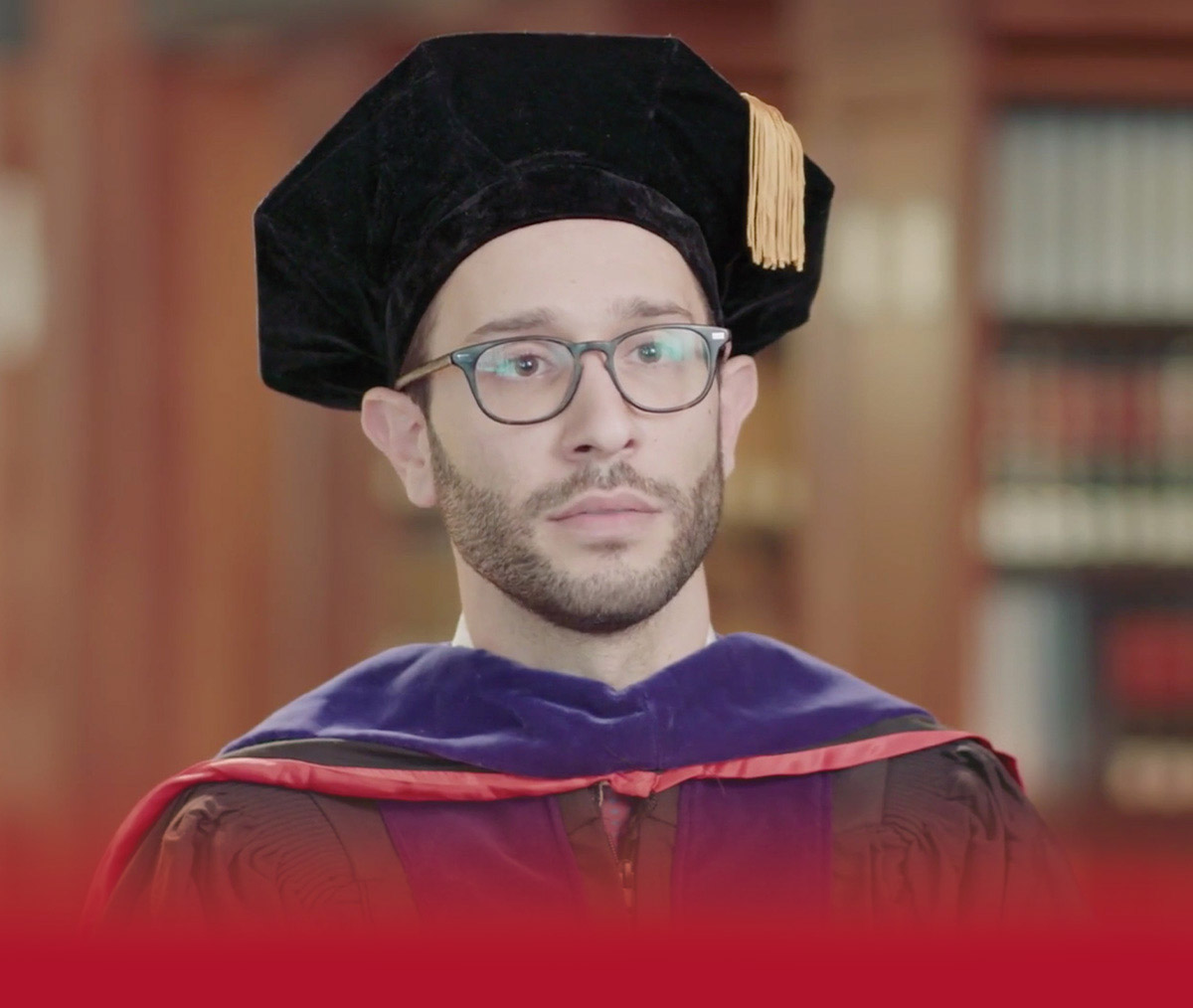

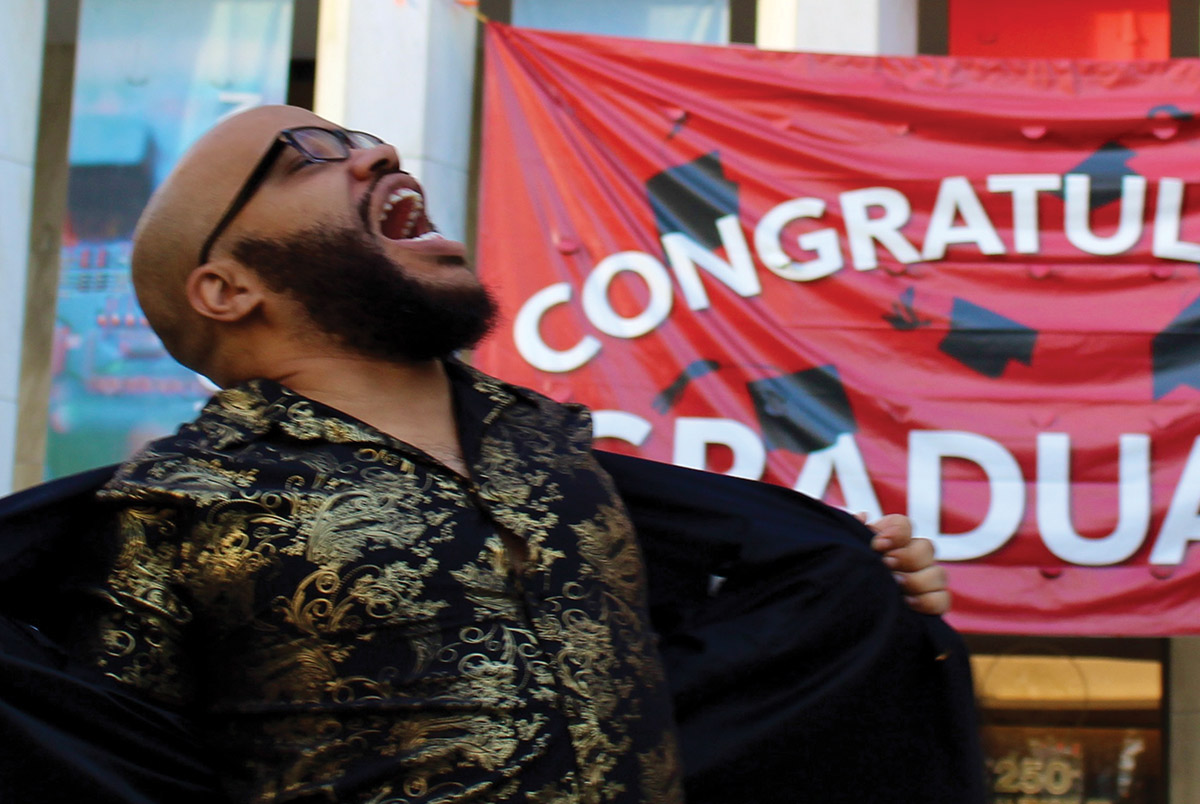
Brooklyn Law School Board of Trustees

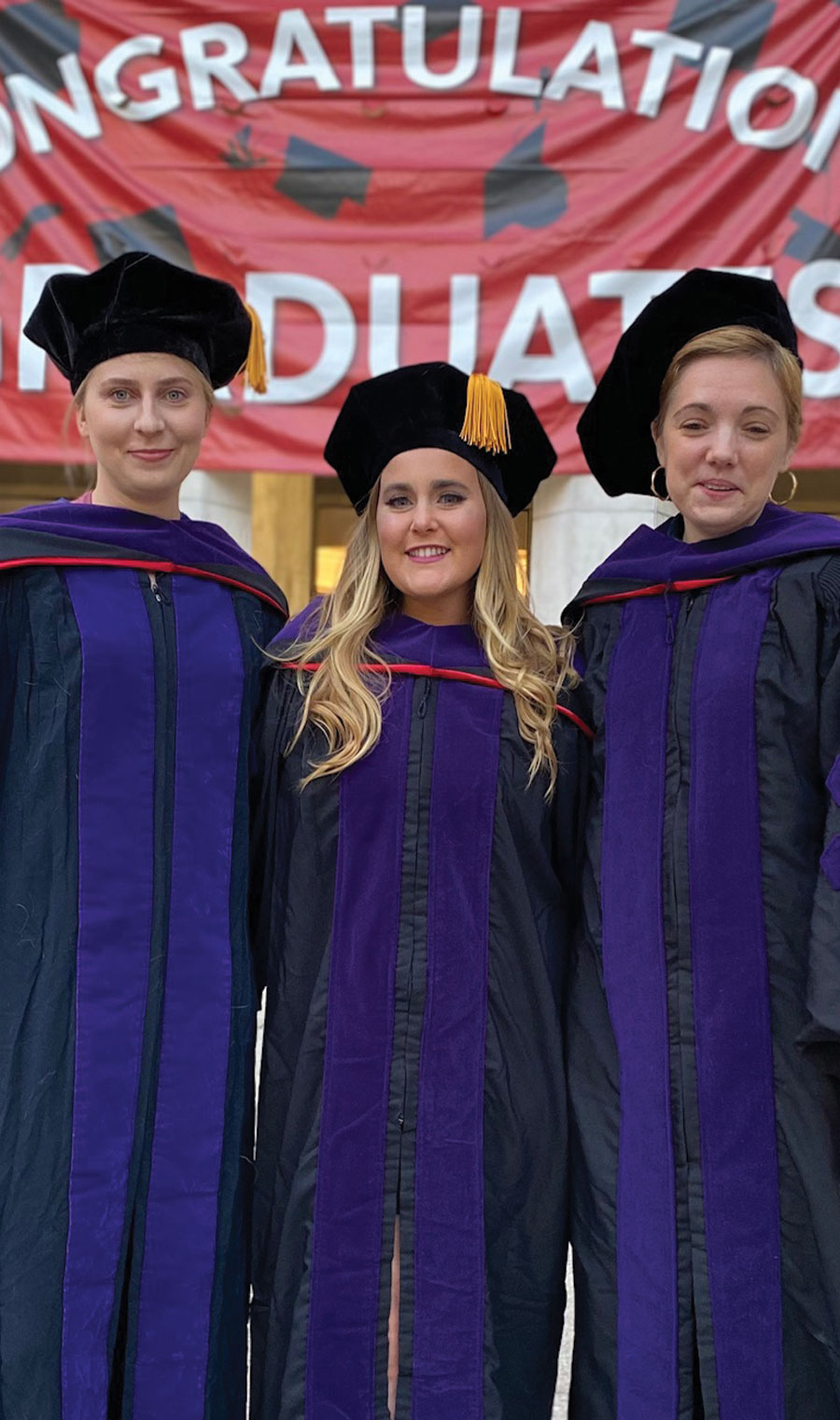
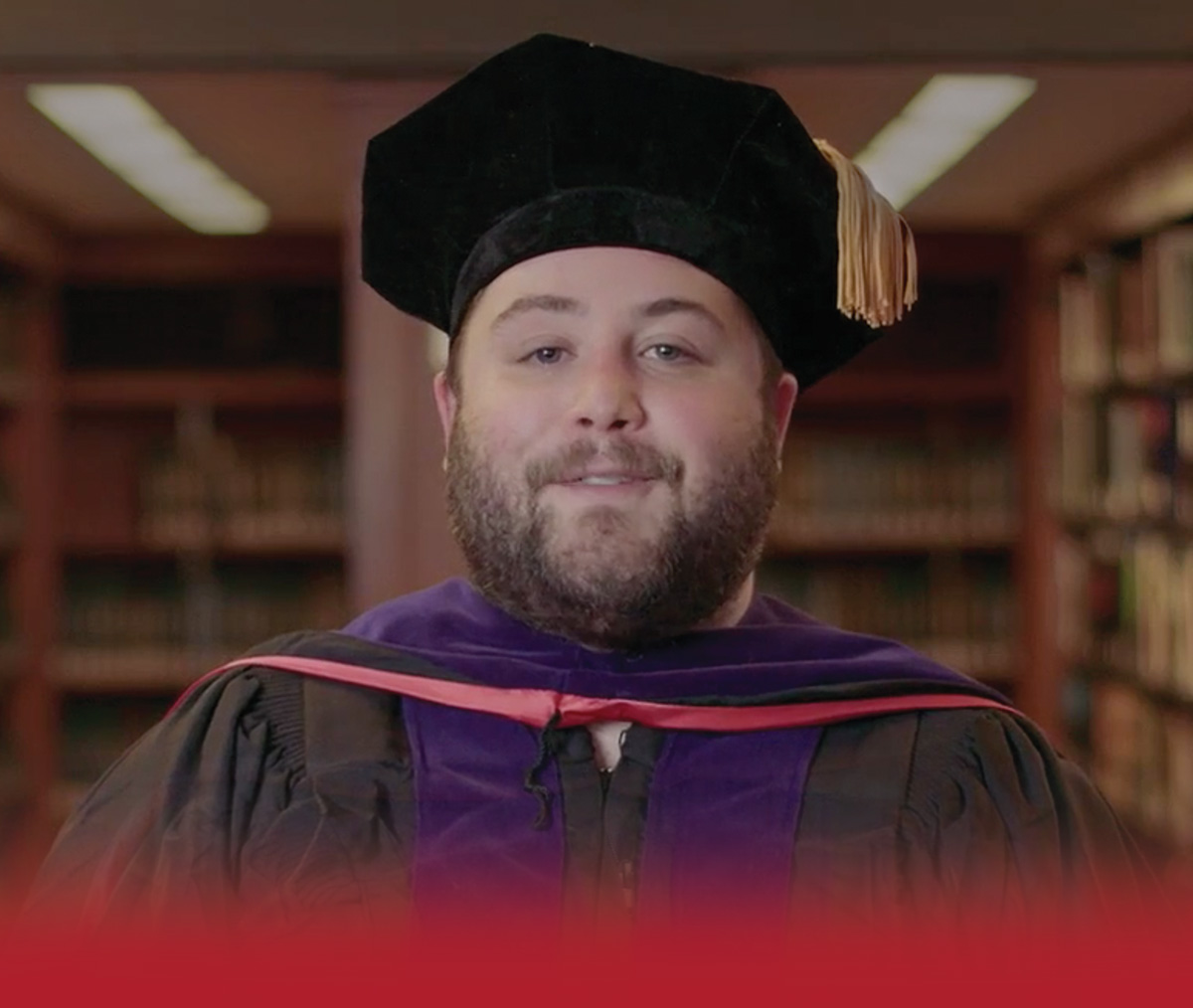
Melique Jones ’98 and Sasha Linney ’11 Join Board of Trustees
“Melique and Sasha bring an abundance of career experiences, energy, and talents to the Board, and I am thrilled to welcome them,” said Francis J. Aquila ’83, Chairman of Brooklyn Law School’s Board of Trustees. “We are fortunate to have the benefit of their unique perspectives on the future of the legal profession and their commitment to help make our great law school even better.”
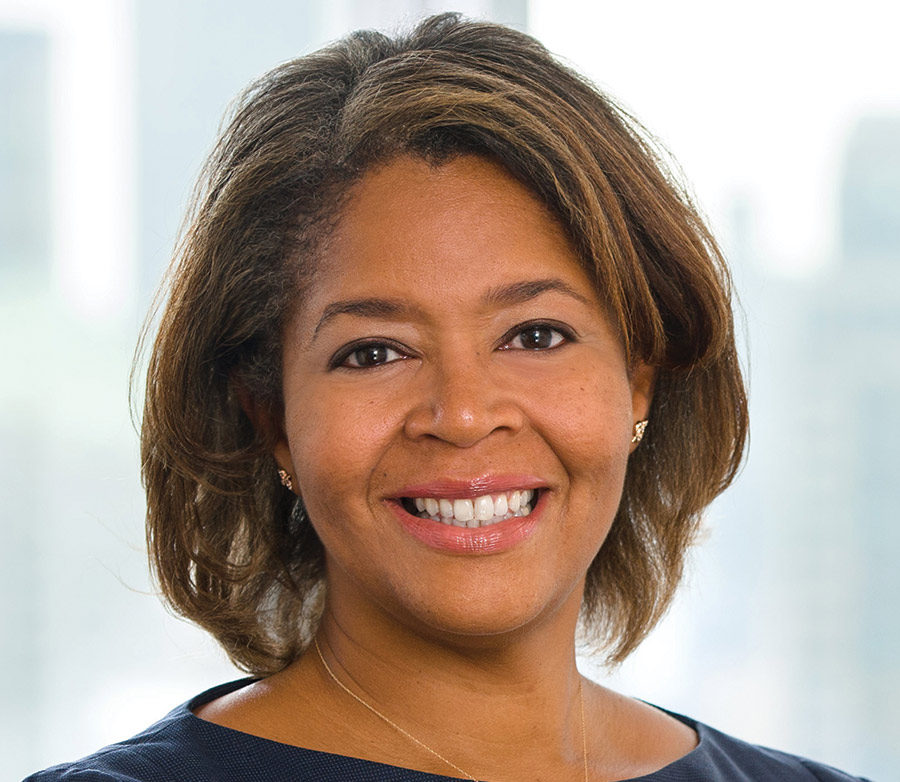
Jones, who has worked in diversity, equity and inclusion for most of her 20-year career at Skadden, currently leads the firm’s varied efforts in this area, in addition to co-managing several firmwide processes focused on leadership development, retention, and advancement. After graduating with a degree in journalism from New York University, Jones worked at the Wall Street Journal for several years, then enrolled at Brooklyn Law School as a part-time student. Upon graduation, she landed a corporate communications role at Dow Jones, which publishes the Journal, before joining Skadden as a marketing and communications professional.
“I know how important it is to make sure all voices on a team are heard and considered, and I am inspired by the leadership and vision of the Board, which has been very good at engendering an environment of openness,” said Jones. “I hope to bring to the Board my perspective about the priorities and interests of the next generation of talent entering the profession. I look forward to sharing what I have learned as the school considers its strategy going forward, including its commitment to DE&I, and I am excited to join this excellent team.”
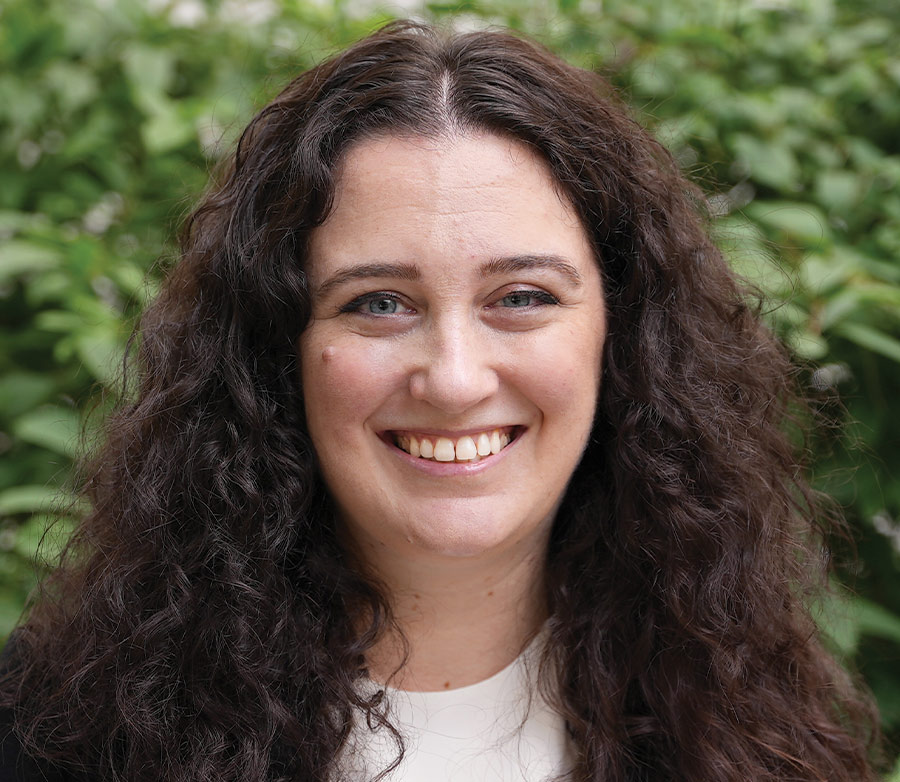
Linney has been an actively involved member of the Law School community. She served a two-year term on the Board of Trustees as a recent graduate trustee from 2015 to 2016, and was named to the Alumni Association Board in 2019. An active participant in the Law School’s Business Boot Camp and Women’s Leadership Network, Linney plans to help improve alumni engagement with the Law School and become more involved in mentoring students and recent graduates.
“I am incredibly honored to be on the Board of Trustees, serving alongside such distinguished members,” said Linney. “As a first-generation law student, I was fortunate to receive so much guidance and practical training at Brooklyn Law School, and I am happy to have the opportunity to give back and help guide new generations of graduates into the profession. I hope I can be an example, to show that even alumni who have graduated fairly recently can make a significant gift to the Law School.”
Linney is associate general counsel at GoldenTree Asset Management, an employee-owned asset management firm that focuses on distressed products and high-yield bond opportunities. A graduate of Princeton University, she was a member of the Moot Court Honor Society and managing editor of the Brooklyn Law Review.
Law School Helps Launch Groundbreaking Grad School Coalition
BROOKLYN LAW SCHOOL HAS JOINED with 10 other independent graduate schools from across the country to launch the National Association of Standalone Graduate Schools, a first-of-its-kind coalition that will offer a collective voice and platform for independent graduate institutions while serving as a source of innovative partnerships and strategies. The coalition, whose member institutions are diverse in size, geographic location, and academic focus, will have three main goals: advocate for new federal funding and support, create model state legislation and regulations, and serve as a hub for innovative strategies, such as shared-service arrangements and joint academic programs.
Annie Nienaber Named Chief Advancement Officer
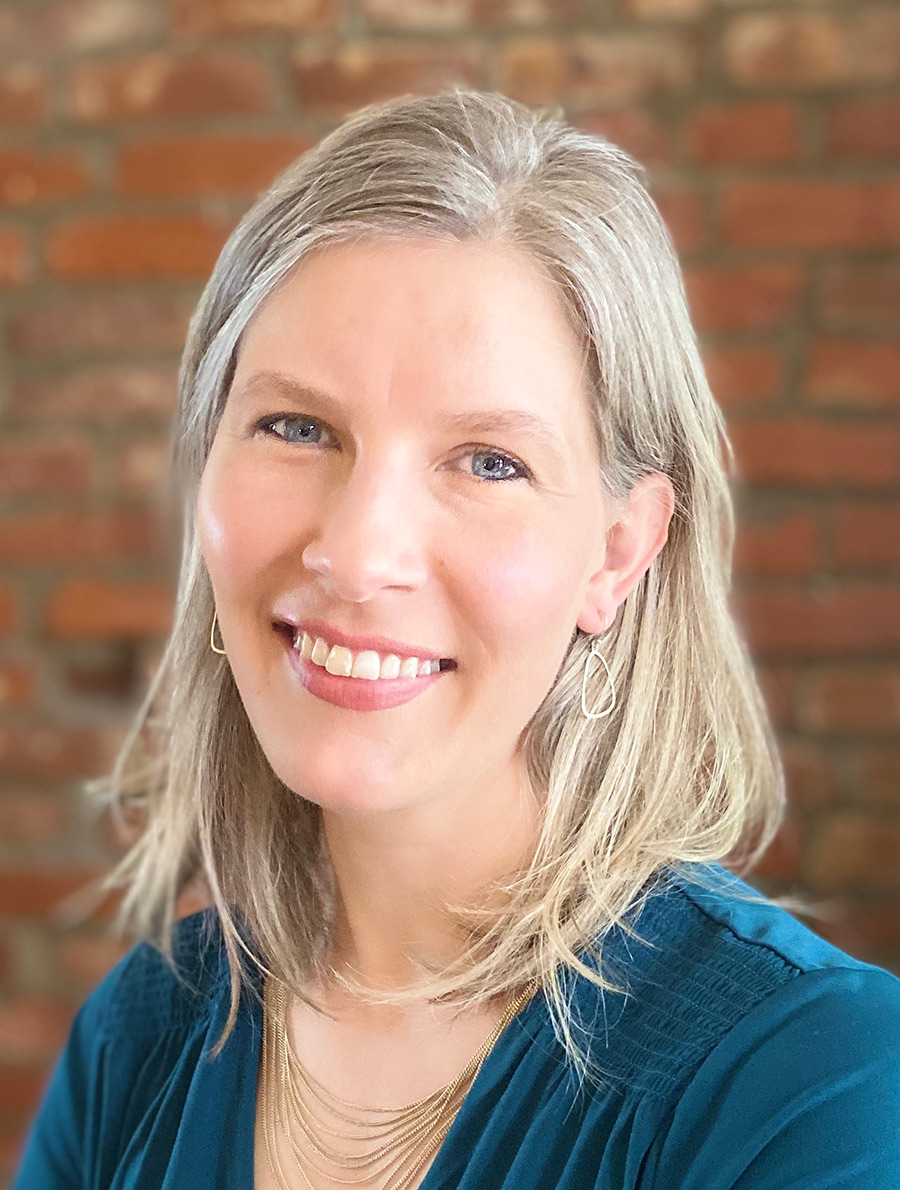
“Among Brooklyn Law School’s strengths is its strong community of engaged students, faculty, alumni, and friends, built on a remarkable legacy of providing access to a legal education,” Nienaber said. “I am excited by the opportunity to join this community, and look forward to the great things we will accomplish together in the years ahead.”
“Annie’s talent and experience will strengthen the Law School’s development and advancement functions, which will permit us to better serve our students, faculty, and alumni, both now and in the decades to come,” said Francis J. Aquila ’83, chair of the Board of Trustees.
Law School Receives New York State Bar Association President’s Pro Bono Service Award
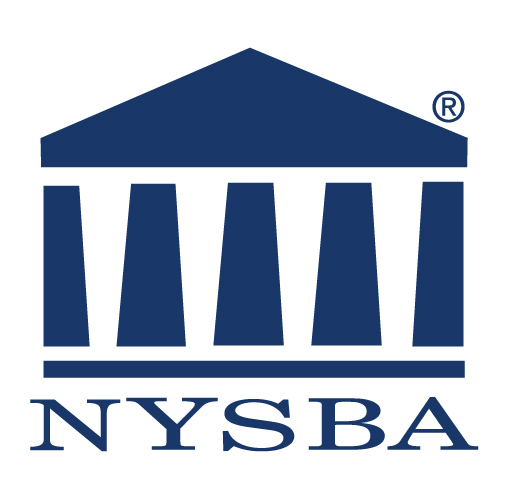
The Law School was recognized for the work provided by the Pandemic Employment Relief Clinic in the summer of 2020 during the COVID-19 pandemic. Under the supervision of Professor Minna Kotkin, who died Sept. 30, the innovative program allowed 100 Law School students to help more than 700 clients—including out-of-work drivers for ride-hailing apps, restaurant workers, film and theater actors, and many others—navigate the unemployment insurance system in the midst of the pandemic.
“I am thrilled that the Law School has been selected to receive this year’s New York State Bar Association Pro Bono Service Award,” said Kotkin in April. “At the height of the pandemic last summer, when the need was most urgent, I was gratified to see so many students sign up to serve the most vulnerable members of our community.”
Mentoring Program Founders Give First Student-Led Presentation at National Conference

SAMP develops programming designed to help first-generation law students and those without backgrounds in the law adjust to the law school environment and prepare to enter the field. Incoming students are matched with student mentors, who ensure that they have access to the information needed to navigate their path through law school. Second-year students are matched with faculty members who can advise on their specific professional interests, and upper-division students are guided through important milestones such as course selection and early bar exam preparation. The program also hosts workshops on subjects such as academic support; on-campus interviews; and diversity, equity, and inclusion.
At the conference, hosted by American University’s Washington College of Law, the student leaders gave an in-depth account of its structure, accomplishments, and next steps to an audience of more than 40 academic success professionals.
Cecilia Caldeira Joins Law School as Director of International Programs
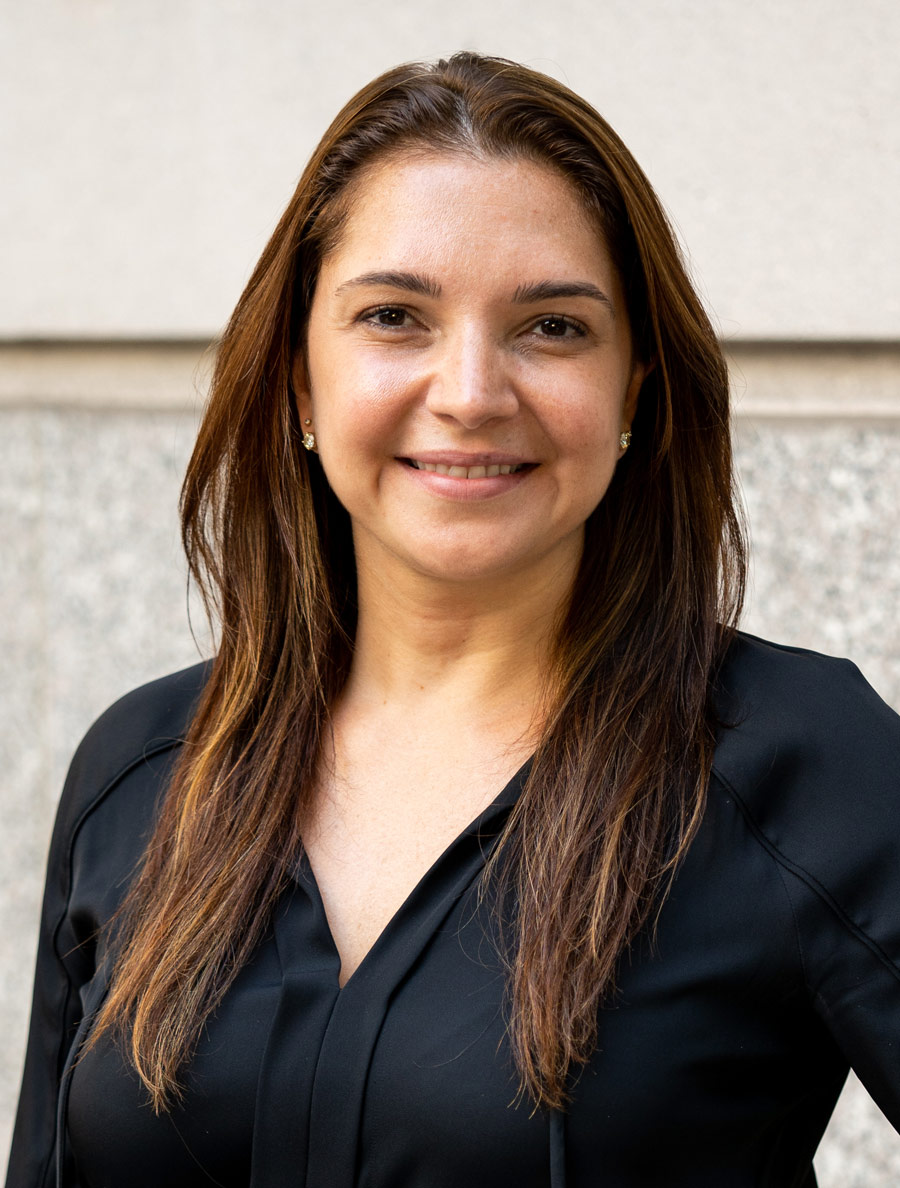
Caldeira’s main priority at the Law School will be reinvigorating the LL.M. program, which saw a reduction in students last year due to COVID-19 travel restrictions. This year’s class includes nine LL.M. candidates, five incoming exchange students, and four returning exchange students from countries including India, Ireland, France, and Turkey. She plans to use the lessons of the pandemic to implement new ideas for international study.
“I’m excited to be here with a full class again and to carry forward the great work that has been done at Brooklyn Law School,” said Caldeira. “COVID has shown us how very fragile international travel can be, but has also given us an opportunity to innovate and evolve in the way we work with our international students. I’d love for the Law School to be at the forefront of these innovations.”
BLIP Students Advocate for Innovation

PHOTO: © Eric Forman Studio

PHOTO: © Eric Forman Studio
Designed by New York–based artists Eric Forman and Ben Luzzatto, with engineer Dan Gross, the core of Dis/Connect is a signal jammer that creates a small cellular- and internet-free zone, allowing those beneath it to engage with one another without the distraction of incoming calls, texts, and notifications on their cell phones. While the device was designed for benign purposes, the technology behind it is outlawed by current regulations in order to protect signals sent by emergency services.
In response, BLIP Clinic students have provided legal, regulatory, and policy support for the designers. Students also prepared a draft petition for the Federal Communications Commission to allow for limited use of the technology, arguing that “mandating constant connectivity to the network is both invasive to property and individual privacy, and harmful to mental and behavioral health.”
Is Medical Malpractice Reform Possible?
At the May 2021 virtual book launch and panel discussion, the authors described the unsuccessful efforts made by the healthcare industry and the law to effectively address death by medical error. They posit that the primary deterrent to such errors, malpractice litigation, is inadequate, with fewer than 3 percent of negligently injured patients or their families receiving any compensation from a doctor or hospital’s insurer.
Landsman, who has a long relationship with Brooklyn Law School, is an emeritus professor at DePaul College of Law, where he is the organizer and director of the Clifford Symposium on Tort Law and Social Policy. Saks is a Regents Professor at the Sandra Day O’Connor College of Law and department of psychology at Arizona State University.
Scholars Contrast Approaches to Tech Regulation at Annual Lecture
Bradford, the Henry L. Moses Professor of Law and International Organization at Columbia, is a leading scholar on the European Union’s regulatory power and a sought-after commentator on the EU and Brexit. Her recent book, The Brussels Effect: How the European Union Rules the World (Oxford University Press, 2020), was named one of the best books of 2020 by Foreign Affairs.
The March 2020 event was hosted by the Dennis J. Block Center for the Study of International Business Law.

In the News
The Law School is frequently in the news, with members of the faculty quoted and featured in major media outlets, providing expert commentary on critical issues in the law, business, and policy.
Nov. 1
“District attorneys or prosecutors have an ethical obligation to do justice, which is why they can’t bring any charge that law enforcement brings to them to court. However, I doubt that would happen in this case because, given the other allegations … this is a major case. Even though this is one of the more minor sex crimes, it still is a violent crime.”
— Professor Cynthia Godsoe, on the chances of the charges against former New York State Governor Andrew Cuomo being dropped by state prosecutors
— Professor Frank Pasquale, in an op-ed urging the U.S. to adopt policies on AI in line with Europe’s

Learning through Practice
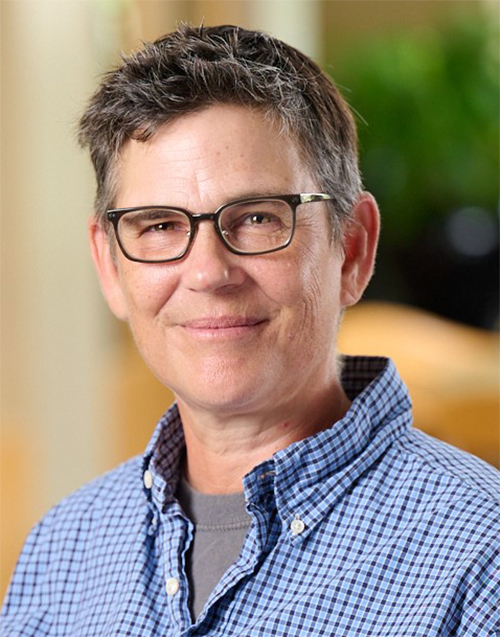
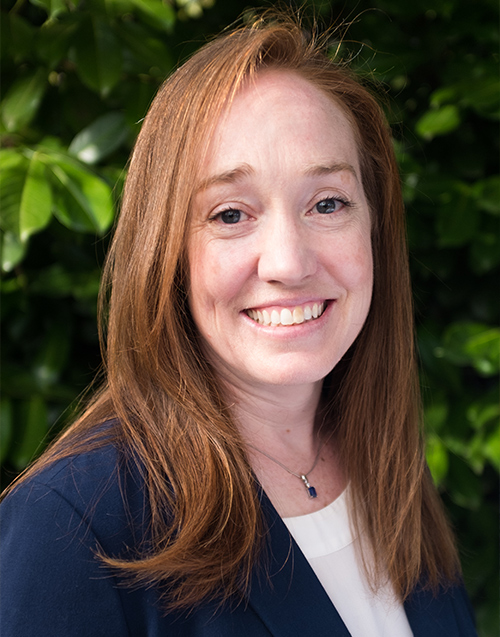
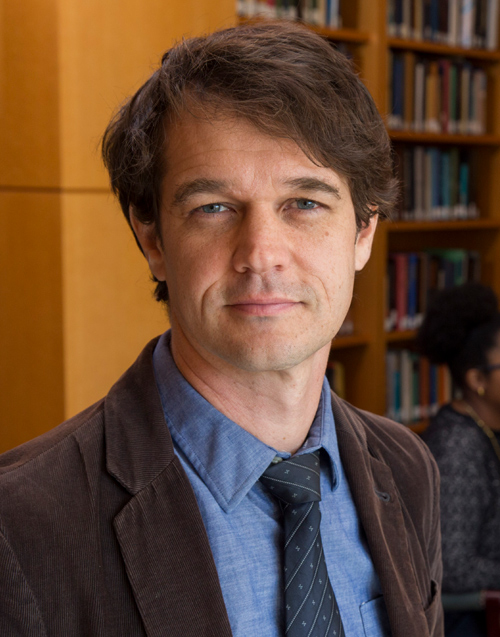
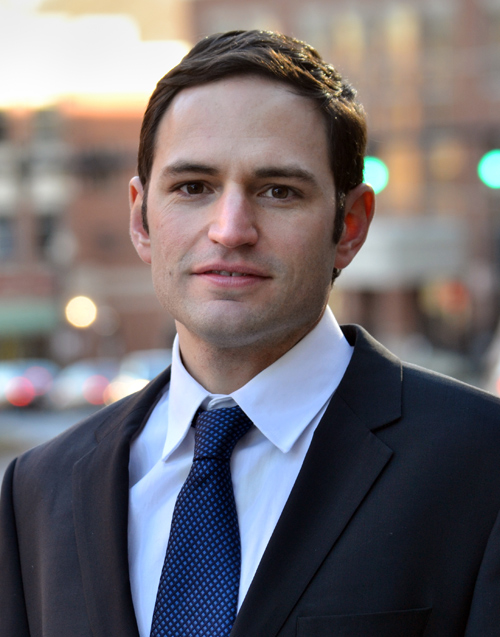




Meet four alumni working in clinical education today who demonstrate the Law School’s influence not only on their careers, but on the field at large.
Debbie Epstein Henry ’94
Leading the Conversation
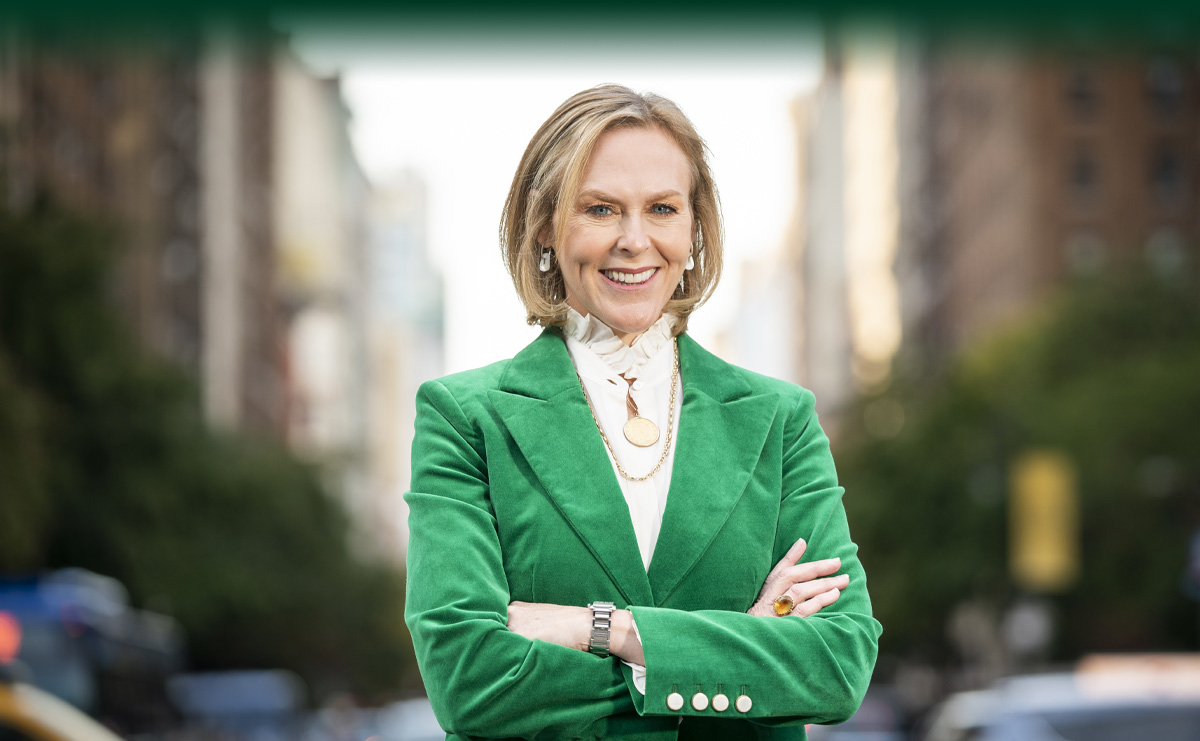
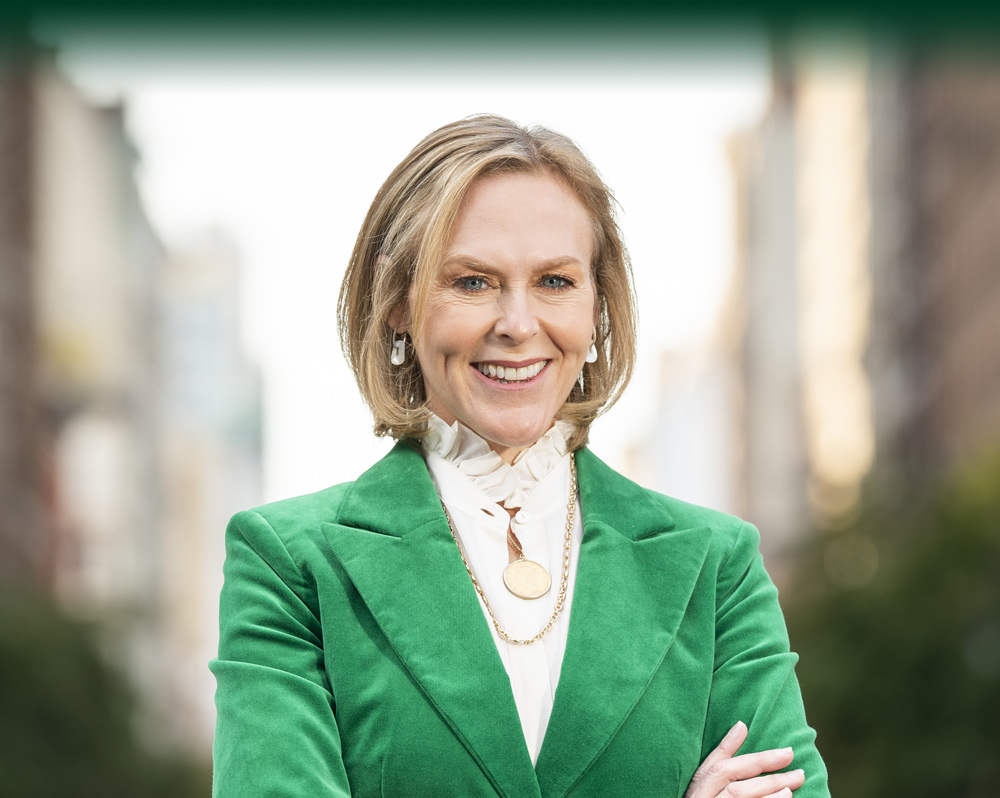
Henry decided to start a brown bag lunch group for other lawyers interested in work-life issues. She emailed three local lawyers she had recently met, as well as three litigators at her firm, and asked them to forward her message to anyone who might be interested.
“I was a fifth-year associate and a fairly recent New York transplant. I barely knew anybody,” she said. “Within a couple of days, 150 people emailed me back. I knew I had struck a nerve.”
Hon. Jean Bell ’83
“There’s nothing the girls are going through that we haven’t already been through”
Decades later, she’s still running—and a recent Netflix documentary is sharing her story with the world. The film, Sisters on Track, follows Brooke, Rainn, and Tai Sheppard, who are members of Jeuness Track Club, an all-girls team founded and coached by Bell. The teenage sisters gained national attention after participating in the 2016 Junior Olympics and being named Sports Illustrated’s SportsKids of the Year, leading to a dinner with LeBron James, Michael Phelps, Jay-Z, and Beyoncé, and appearances on The View.
Bell founded Jeuness two years after graduating from Brooklyn Law School. The club’s name—evoking the French term for “young lady”—is a nod to her goal of not only training athletes, but also supporting them academically and encouraging them to pursue college.
“I grew up very poor. We lived in a low-income housing project while I was in law school and college,” she said. “These girls come from similar backgrounds…. I try to show the girls that now colleges have funds for you to run track, and they’ll pay for you to go to the college.”
The early years of Jeuness Track Club coincided with the launch of Bell’s legal career. She started at a small personal injury firm before working as an attorney for several New York City agencies. In 1993, she was appointed to serve as a senior administrative law judge at the New York State Department of Labor, where she worked until transitioning to the state’s Workers Compensation Board in the summer of 2021.
Hon. Jean Bell ’83
Decades later, she’s still running—and a recent Netflix documentary is sharing her story with the world. The film, Sisters on Track, follows Brooke, Rainn, and Tai Sheppard, who are members of Jeuness Track Club, an all-girls team founded and coached by Bell. The teenage sisters gained national attention after participating in the 2016 Junior Olympics and being named Sports Illustrated’s SportsKids of the Year, leading to a dinner with LeBron James, Michael Phelps, Jay-Z, and Beyoncé, and appearances on The View.
Bell founded Jeuness two years after graduating from Brooklyn Law School. The club’s name—evoking the French term for “young lady”—is a nod to her goal of not only training athletes, but also supporting them academically and encouraging them to pursue college.
“I grew up very poor. We lived in a low-income housing project while I was in law school and college,” she said. “These girls come from similar backgrounds…. I try to show the girls that now colleges have funds for you to run track, and they’ll pay for you to go to the college.”
The early years of Jeuness Track Club coincided with the launch of Bell’s legal career. She started at a small personal injury firm before working as an attorney for several New York City agencies. In 1993, she was appointed to serve as a senior administrative law judge at the New York State Department of Labor, where she worked until transitioning to the state’s Workers Compensation Board in the summer of 2021.
After Attica


On September 9, 1971, 1,281 incarcerated individuals at their breaking point took over the Attica Correctional Facility in Wyoming County, N.Y.
What happened next scarred a generation watching on their television sets, as five days of negotiations between the inmates and state officials ended with bullets and tear gas. After the toxic fog had cleared, 43 people were dead. Decades of investigations, hearings, and court cases followed, propelled by those who sought justice for the terrible events of that week.
Front and center at the crisis and its aftermath were Brooklyn Law School alumni. They were at the prison, advocating for a peaceful end to the tense standoff, and remained inside when the gas was dropped. They were in front of the prison gates in the days afterward, trying to stop the seemingly inevitable reprisals. And for 30 years after, they were in the courtroom fighting for justice.
Our Current Reckoning
The Promise and Impact of Bail Reform
“We need to widen the scope of our thinking beyond the relatively simple idea that ‘money bail is unfair to poor people’ to a larger imagining about the harms of pretrial detention and even criminal adjudication itself,” she said in our spring 2020 issue.
Brooklyn Law Notes spoke with Simonson, who serves as co-director of the Center for Criminal Justice, about the impact of bail reform and its role in the larger efforts to transform ideas of justice and public safety.
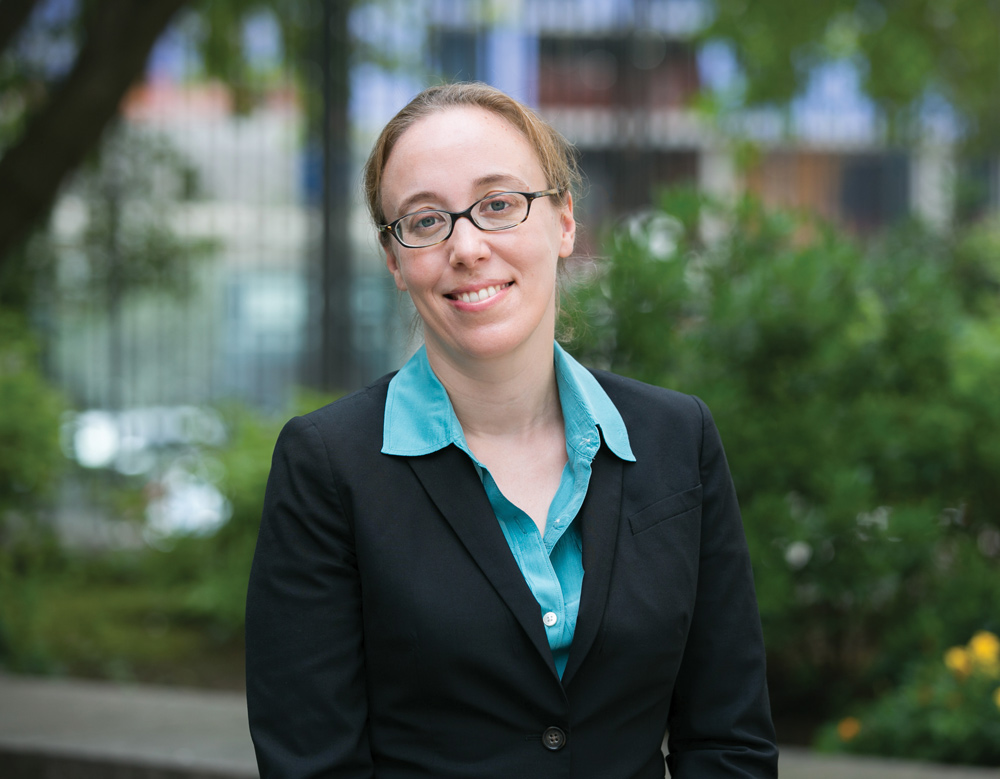
Q: Criticism of New York state’s bail reform measures from the public and law enforcement led to a rollback of the law in April 2020. What were the results of that decision?
A law that led to more people being jailed without conviction passed at the very moment that the COVID-19 virus spread through New York state at a terrifying rate, with correctional institutions as the biggest hot spots in the nation. I do still have faith that if we are able to look beyond inflammatory headlines to ask deeper questions about the causes and prevention of violence, and if we recognize that incarceration is itself a form of violence, there is hope for more lasting reform.
Q: In your 2021 article in the Yale Law Journal, “Police Reform Through a Power Lens,” you examine potential reforms that shift control of law enforcement to the policed populations. What does that look like?
I believe that listening to the wisdom of people who have experienced the harms of policing and incarceration can help us imagine a way out of our current crisis. Who is more of an expert on what “works” in policing, a police officer who has arrested 10 people, or someone who has been arrested 10 times?
Seeking Justice, Not Incarceration, for Survivors
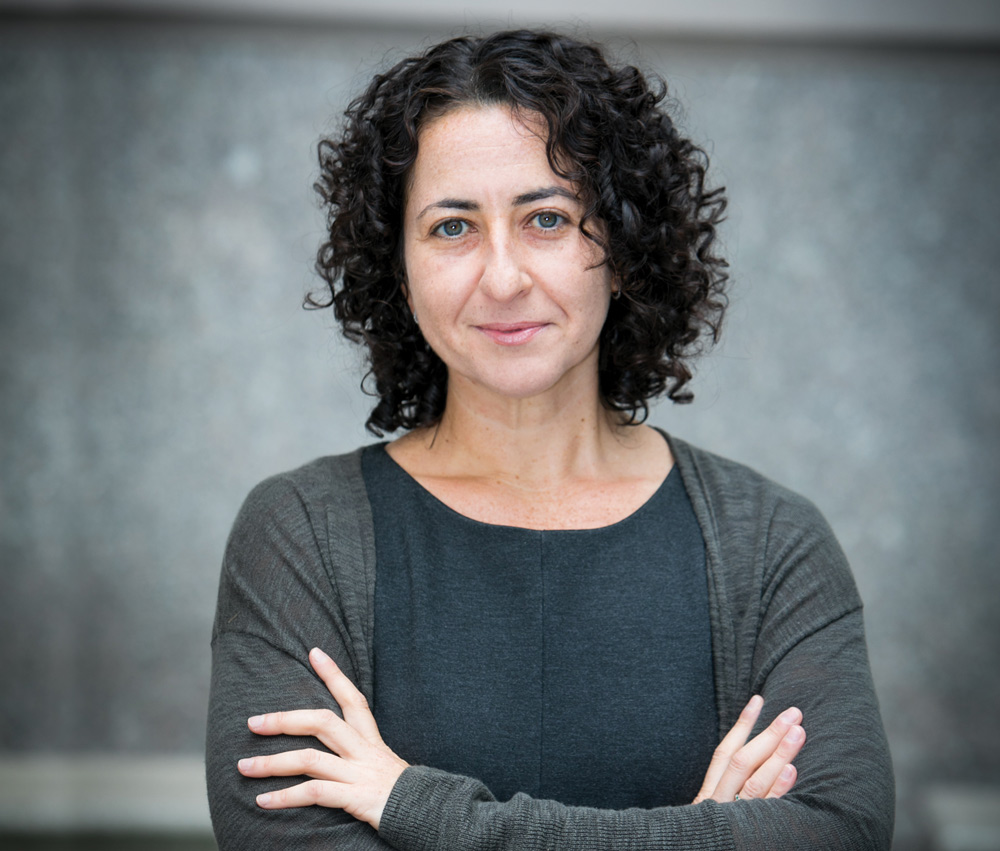
Q: What kind of work will the Tow Foundation Grant support?
The grant will support the ongoing work of SJP: working directly with incarcerated domestic violence survivors who are seeking resentencing using the DVSJA; supporting and building an interdisciplinary statewide network of defenders, social workers, and advocates; educating judges and prosecutors on a trauma-informed approach to the act; and collecting data about the statute’s implementation in order to promote accountability, guide implementation, and identify trends that will shape necessary areas of additional reform.
The Front Line of Reform
legal scholar, Professor Roberta
Karmel has an impact that resounds
from Washington, D.C., to Wall
Street, to her classroom at Brooklyn
Law School. When her colleagues
shared stories and explored her work
at a May symposium in her honor,
they brought into sharp focus her
enduring legacy and influence—her
relentless drive for excellence and
her deep devotion to her students,
colleagues, and family.
A Career
and Life
at the Center
Portrait by Laura Barisonzi
She had joined Rogers & Wells (now Clifford Chance) in 1972, becoming one of the first female partners at a top Wall Street law firm. Then, after being among the first women on staff at the U.S. Securities and Exchange Commission (SEC), she was nominated by President Jimmy Carter to serve as its first female commissioner in 1977. By 1985, she had built a deeply respected career as a leading authority in domestic and international securities regulation, published scholarly journal articles and the book Regulation by Prosecution: The Securities and Exchange Commission Versus Corporate America (Simon & Schuster, 1982), and served on several corporate boards. Yet there was another chapter in her career that Karmel was eager to explore.
She called David Trager, who was then dean of Brooklyn Law School, where she had taught as an adjunct professor in the early 1970s and early 1980s. “It was one of the few law schools hiring women in tenure-track faculty jobs,” Karmel later said. “And I said, ‘David, you’ve always wanted me to go onto the full-time faculty; I have always wanted to be a full-time academic. This is your chance.’”
Thirty-six years later, as Centennial Professor Roberta Karmel announces her retirement from the Law School and begins yet another chapter in her life, generations of her students and colleagues are grateful Trager jumped at that chance.
New Faculty Making an Impact
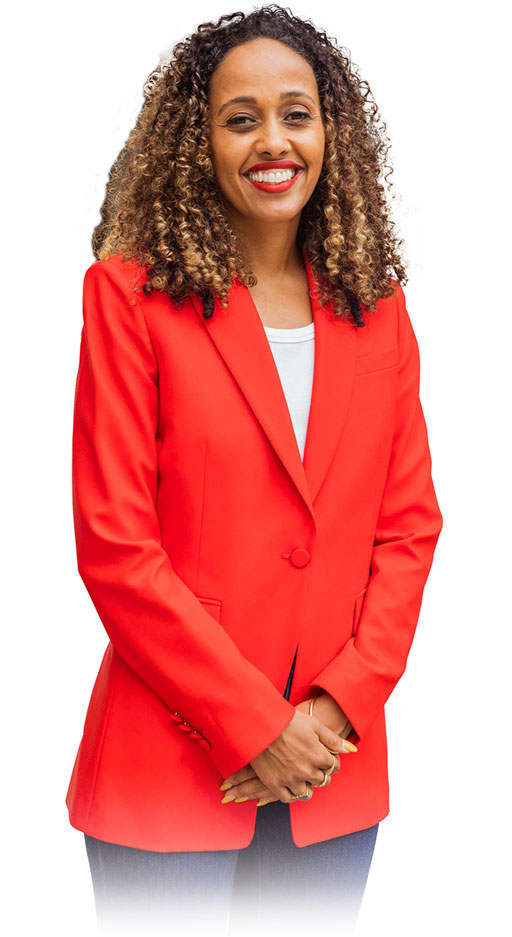

Professors Alexis Hoag and Andrew Jennings, who joined the Law School in the summer of 2021, regularly take their authoritative knowledge of the law beyond the classroom, helping the public to make sense of current legal issues of national interest.
Hoag, whose research examines the ways in which the criminal legal system’s operation can erode people’s constitutional rights and perpetuate racism, is a frequent legal contributor for CBSNews, and has appeared on MSNBC, NPR, Al Jazeera, and other media outlets. Before entering academia, Hoag served as an assistant federal public defender and as senior counsel for the NAACP Legal Defense & Educational Fund. Hoag uses this deep experience in litigation to inform her analysis of important trial cases, such as Minnesota v. Derek Chauvin.
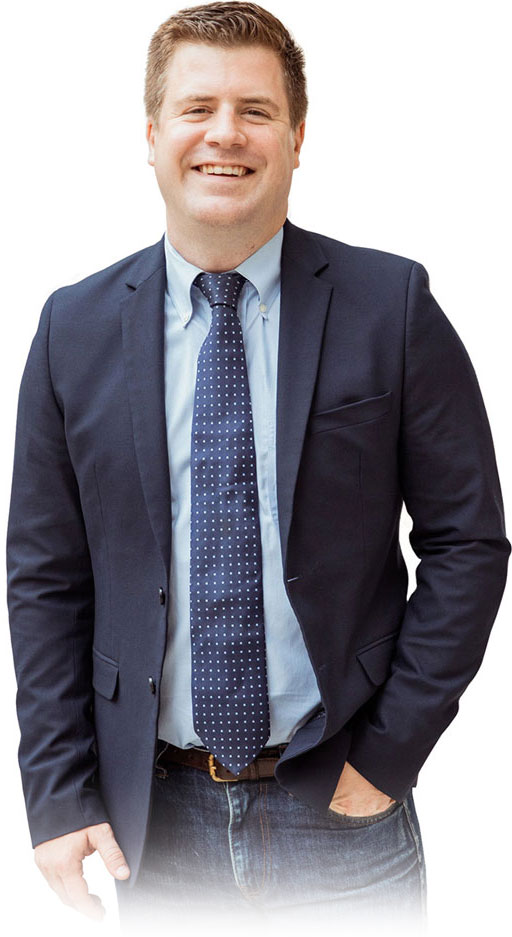
New Faces on Campus
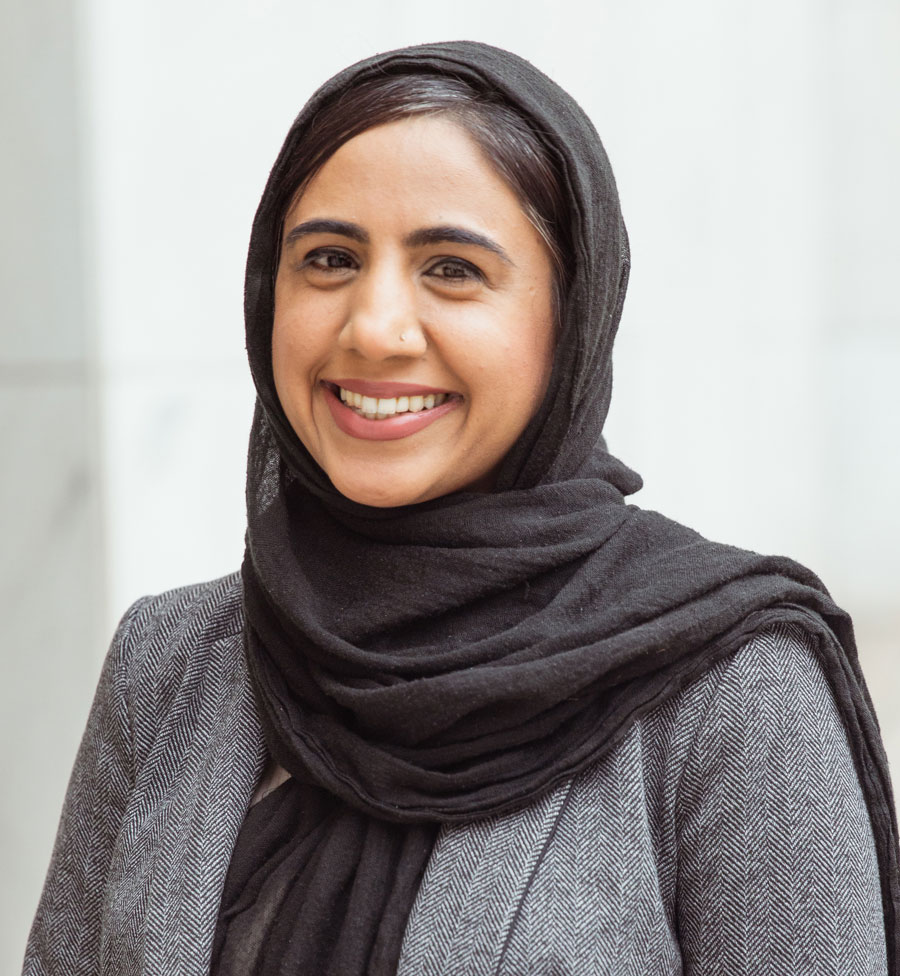
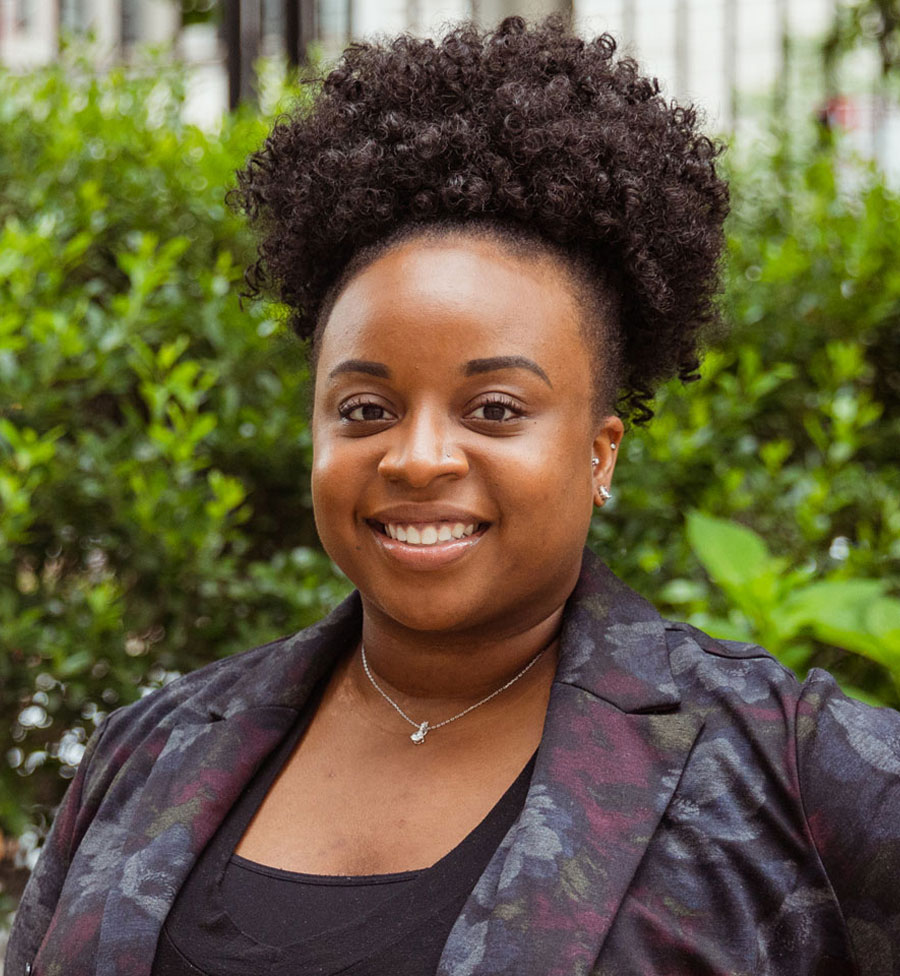
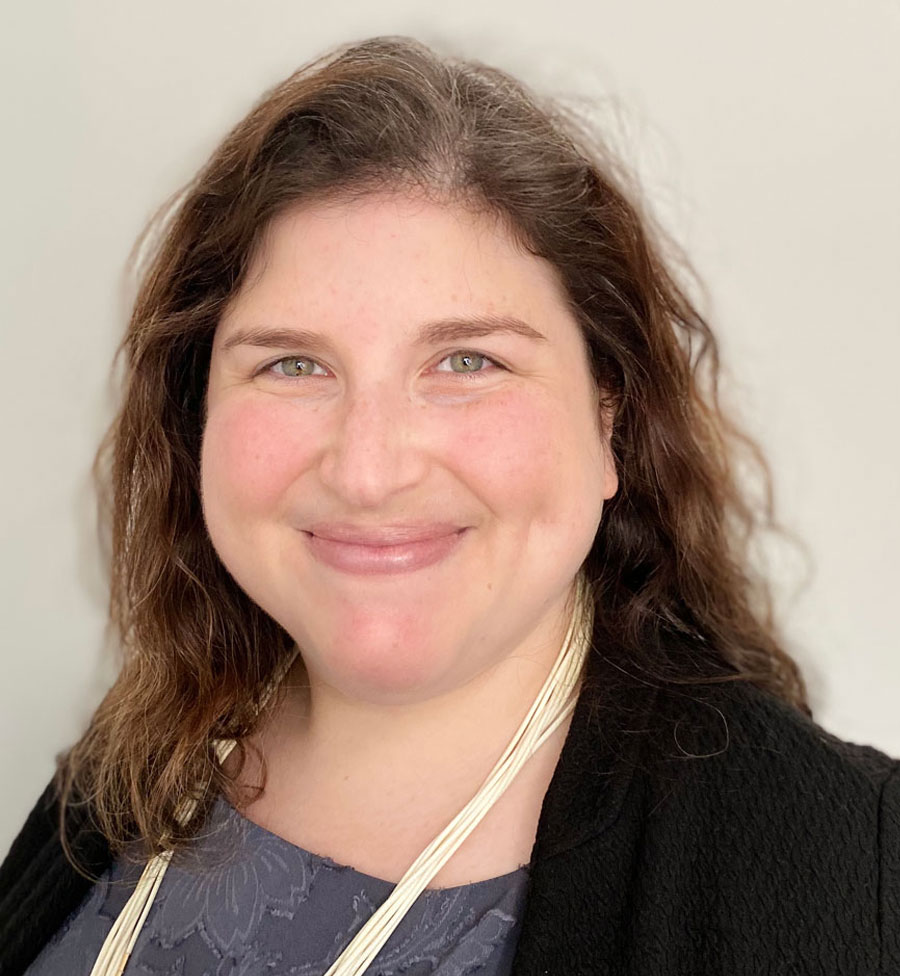
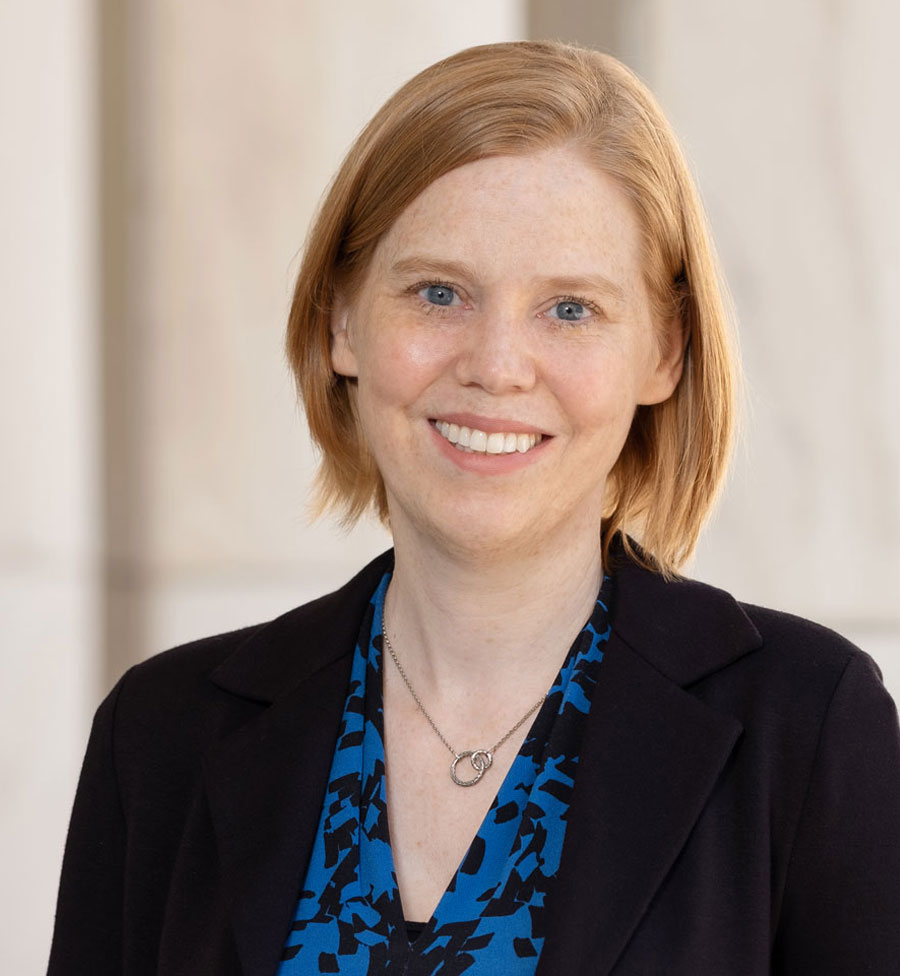
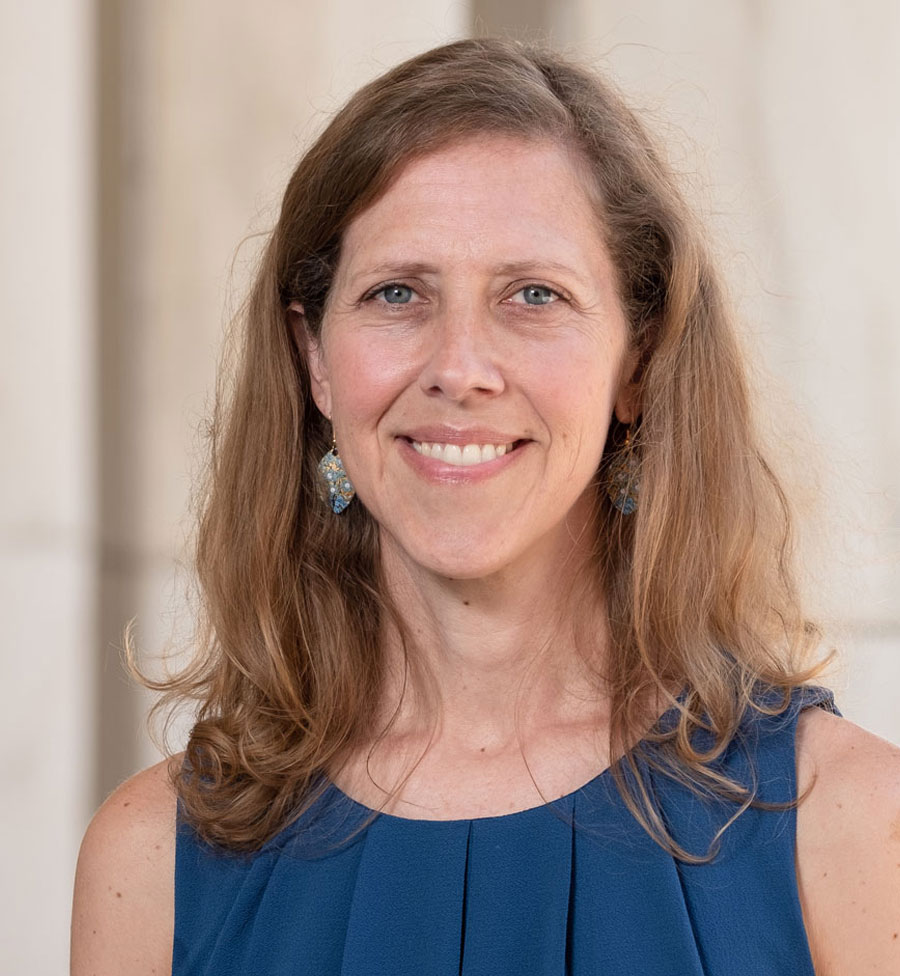
The following are selected highlights of recent faculty scholarship.
To learn more, visit www.brooklaw.edu/facultyscholarship →
Regents: Resurrecting Animus/Renewing Intent, 51 Seton Hall Law Review 983 (2021)
A sleeper issue in the U.S. Supreme Court’s decision in Department of Homeland Security v. Regents of the University of California, invalidating the Trump administration’s rescission of the Obama-era Deferred Action for Childhood Arrivals program, is the Court’s rejection of the plaintiffs’ equal protection animus claim. That rejection may well portend a revival of the animus concept that many had speculated the Court would abandon after its primary proponent, Justice Anthony Kennedy, left the Court.
The People’s Constitution: 200 Years, 27 Amendments, and the Promise of a More Perfect Union (with John Kowal) (The New Press, 2021)
The real history of the Constitution is the astonishing story of how subsequent generations have reshaped this founding document amid some of the most colorful, contested, and controversial battles in American political life. In their book, Codrington and Kowal offer an alternative history of the continuing struggle to realize the Framers’ promise of a more perfect union.
In his address to a joint session of Congress in April 2021, Biden, responding to prompts from Dean, pivoted his message regarding tax havens. Dean had been critical of the president’s omission of European countries such as Switzerland and Ireland when he discussed tax havens, naming only countries with majority-Black populations such as the Cayman Islands and Bermuda. In an open letter published in the Nation, Dean urged Biden to use his power to eradicate systemic racism in international tax policy. Dean also addressed his concerns in conversations with staff members of the Biden administration.
In June 2021, Dean testified before members of the U.S. House of Representatives Ways and Means Committee on “Minding the Tax Gap: Improving Tax Administration for the 21st Century.” He has written articles in the Nation, the New York Daily News and New York Law Journal, and been quoted in Politico and other outlets on the subject. His next book will expand on the themes of his recent article, “Ten Truths About Tax Havens: Inclusion and the ‘Liberia’ Problem,” 70 Emory Law Journal 1657 (2021, with Attiya Waris).
“This pivot in message is definitely a step in the right direction, but much more needs to be done by this administration if it is to live up to its pledge to end systemic racism,” said Dean. “I and many of my colleagues in academia stand ready to assist in any way we can.”
Dean’s scholarship addresses the impact of neoliberalism and racial capitalism and the evolving relationship between financial profit and social mission evident in the emergence of social enterprise, impact investing, and unregulated philanthropy. He was named a co-director of the Dennis J. Block Center for the Study of International Business Law, joining Professors Julian Arato and Robin Effron to lead one of the most active international law institutions in New York. He has served as vice dean of the Law School and, while a visiting professor of law at New York University School of Law, as faculty director of that school’s graduate tax program.
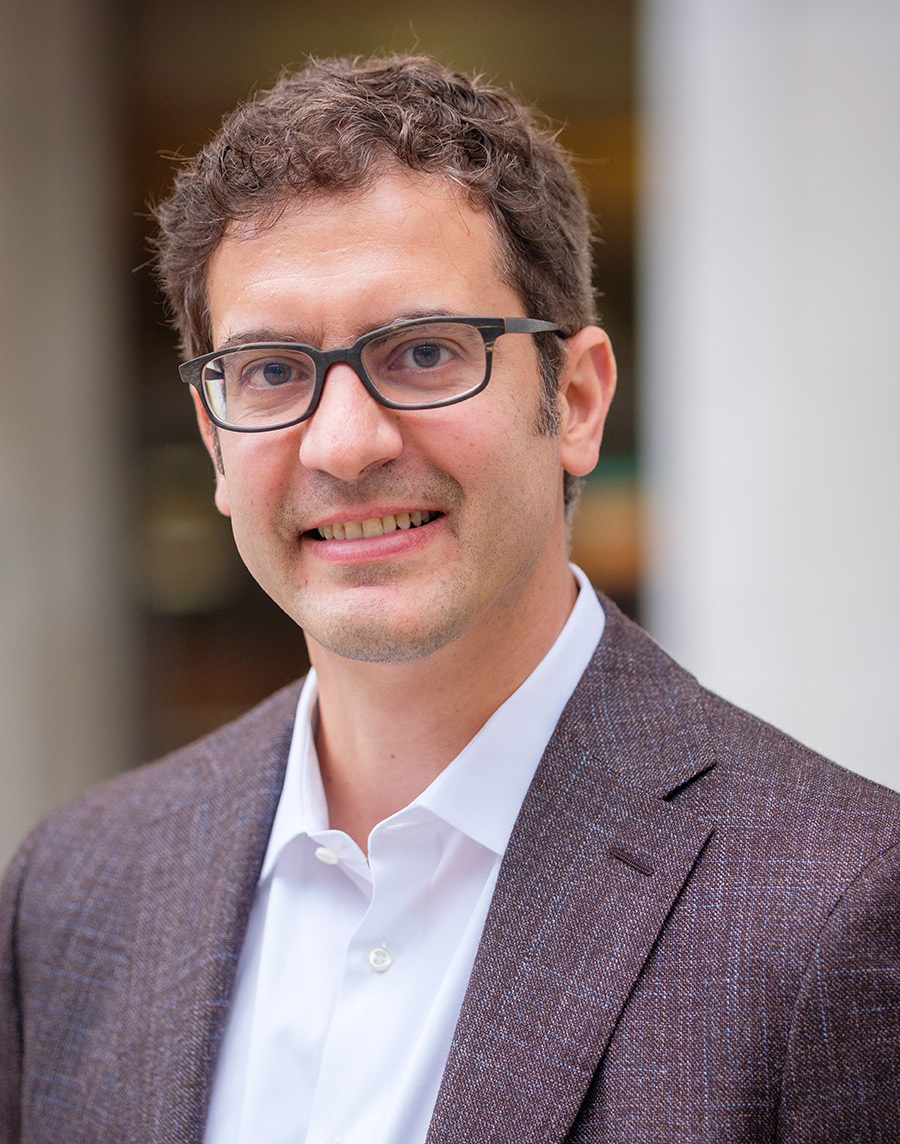
“As you leave a store, a stranger approaches and steals your shopping bag from you. As you run after the thief, they stumble so that you have a chance to grab the bag back. You also see that there are no police in sight. Is it morally acceptable for you to grab the bag?”
To Gold, this example illuminates his concept of redressive justice, which governs “when right holders undo the harms they have suffered,” as opposed to having the state compel the wrongdoer to correct the wrong. Through his analysis of this concept, Gold reimagines rights in private law and the political theory behind them, complicating our conventional understandings of torts, contracts, and fiduciary law.
The Law School celebrated the book’s publication with a book launch event in February 2021. Panelists included Associate Dean Edward Janger and Vice Dean Christina Mulligan, along with John C.P. Goldberg and Henry E. Smith of Harvard Law School. The event was sponsored by the Center for the Study of Business Law and Regulation, where Gold is an associate director.
“I want to show that there’s a thread that runs through different parts of private law,” said Gold. “One of the puzzles that the book sets up is in figuring out why redress looks the way it does in particular fields. While I’m offering a general theory that I think has explanatory payoffs for each field, there are also important nuances.”
Gold is co-editor of multiple books on private law theory and fiduciary law, including The Oxford Handbook of the New Private Law (Oxford University Press, 2020). He previously was the Bruce W. Nichols Visiting Professor at Harvard Law School; an HLA Hart Visiting Fellow at the University of Oxford; and a Fulbright Visiting Research Chair at McGill University. He is a co-founder of the North American Workshop on Private Law Theory and is a member of the American Law Institute.
Professor Anita Bernstein’s Scholarship Inspires Two Law Review Symposia
Northwestern University Law Review seized the opportunity to publish an online symposium issue, composed of seven essays and a foreward contributed by Bridget Crawford, professor of law at the Elisabeth Haub School of Law at Pace University. However, there were enough scholars with ideas inspired by Bernstein’s book for Crawford to arrange a second online symposium issue published by Boston College Law Review, where she introduced six additional essays.
These issues also gave Bernstein the opportunity to address other important related topics not included in the book and engage with the scholarly discussion. In the first of her two essays, “Negative Liberty Meets Positive Social Change,”
114 Northwestern University Law Review Online 195-211 (2019), Bernstein delved into the rights of women to refuse exploitation of their bodies, with a focus on the historical oppression of women of color.
“Honoring negative liberty makes lives better for all persons, but especially for those who are subordinated,” she wrote. “Its force and strength against group-based oppression might be obscured by the priorities that stem from material disadvantage.”
In “There’s Feminism in Those Judgments,” 61 Boston College Law Review Electronic Supplement I.112 (2020), Bernstein takes the opportunity to examine her book in relation to the feminist judgments movement, in which scholars rewrite historical decisions from a feminist point of view, using only the facts and ideas that were available to judges at that time.
“Having two symposia on my book was a double honor,” said Bernstein. “I had two separate ideas for what I wanted to say about the essays the scholars submitted, and I appreciated having a second space to express them.”
Noteworthy
Turnaround Management Association named Professor Debra Bechtel and the Corporate and Real Estate Clinic winners of the 2021 Turnaround/Transaction of the Year Award in the pro bono category.
The American Law Institute voted to approve the ALI-ELI Principles for a Data Economy, on which Professor Neil B. Cohen served as ALI reporter.
The American Law Institute voted to approve the Principles of the Law, Compliance and Enforcement for Organizations, on which Professor James Fanto served as an associate reporter.
Professor Maryellen Fullerton published a case preview and post-decision analysis on SCOTUSblog of Sanchez v. Mayorkas, argued before the U.S. Supreme Court in April 2021.
The Uniform Law Commission has invited Professor Edward Janger, associate dean for faculty research and scholarship, to serve on its Committee to Review Uniform Acts.
New Fellowship to Assist Aspiring Public Defenders
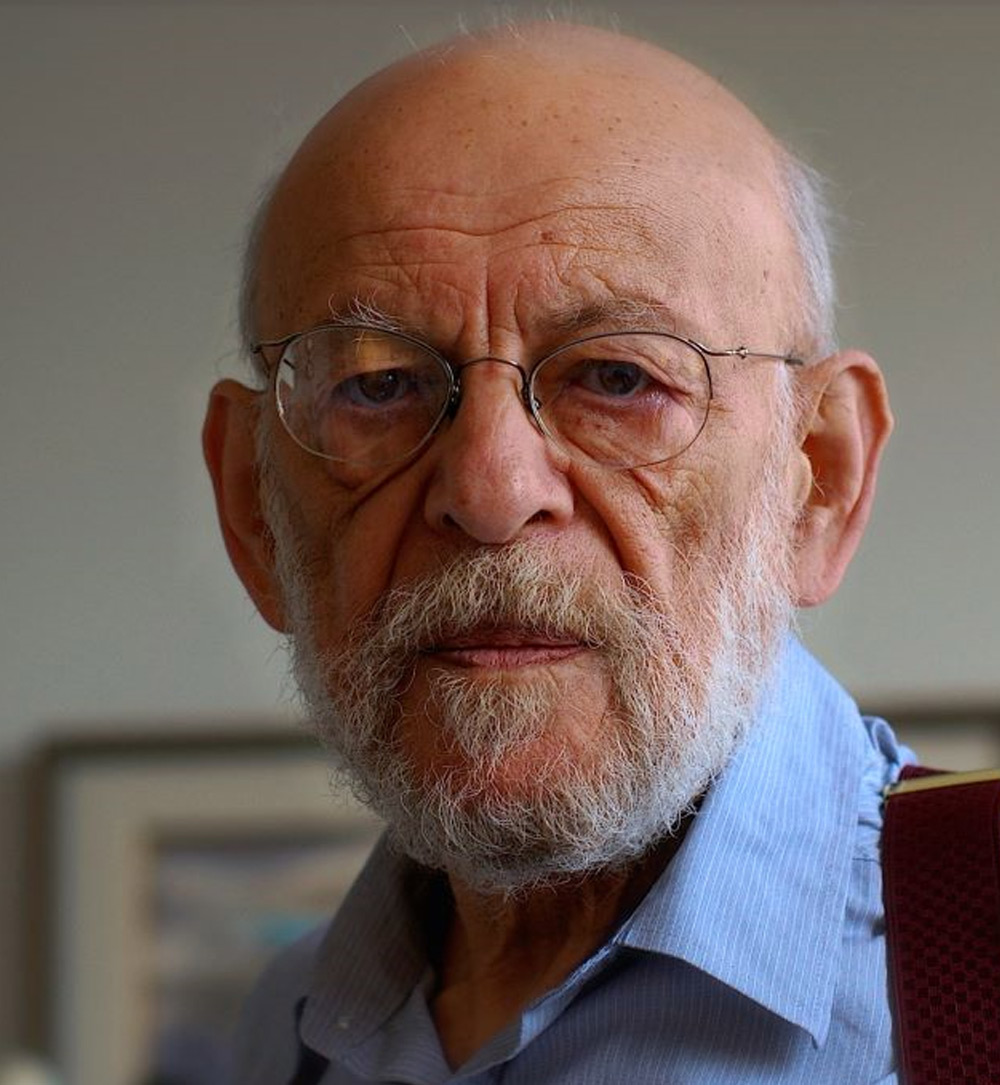
Roland Thau
“He was an extraordinary man who lived an extraordinary life, and I want him to be remembered,” said Mary Farrington, Thau’s wife and a retired attorney who had a long career in public service.
Thau, who died Nov. 10, 2020, at age 86, was born in France. Much of his early childhood was spent in hospitals because of prolonged illnesses, but the hospital stays kept him hidden from the Nazis. His mother was able to smuggle him into Switzerland, and he and his family eventually settled in Brooklyn after the war. He arrived with no knowledge of English and only two years of formal education.
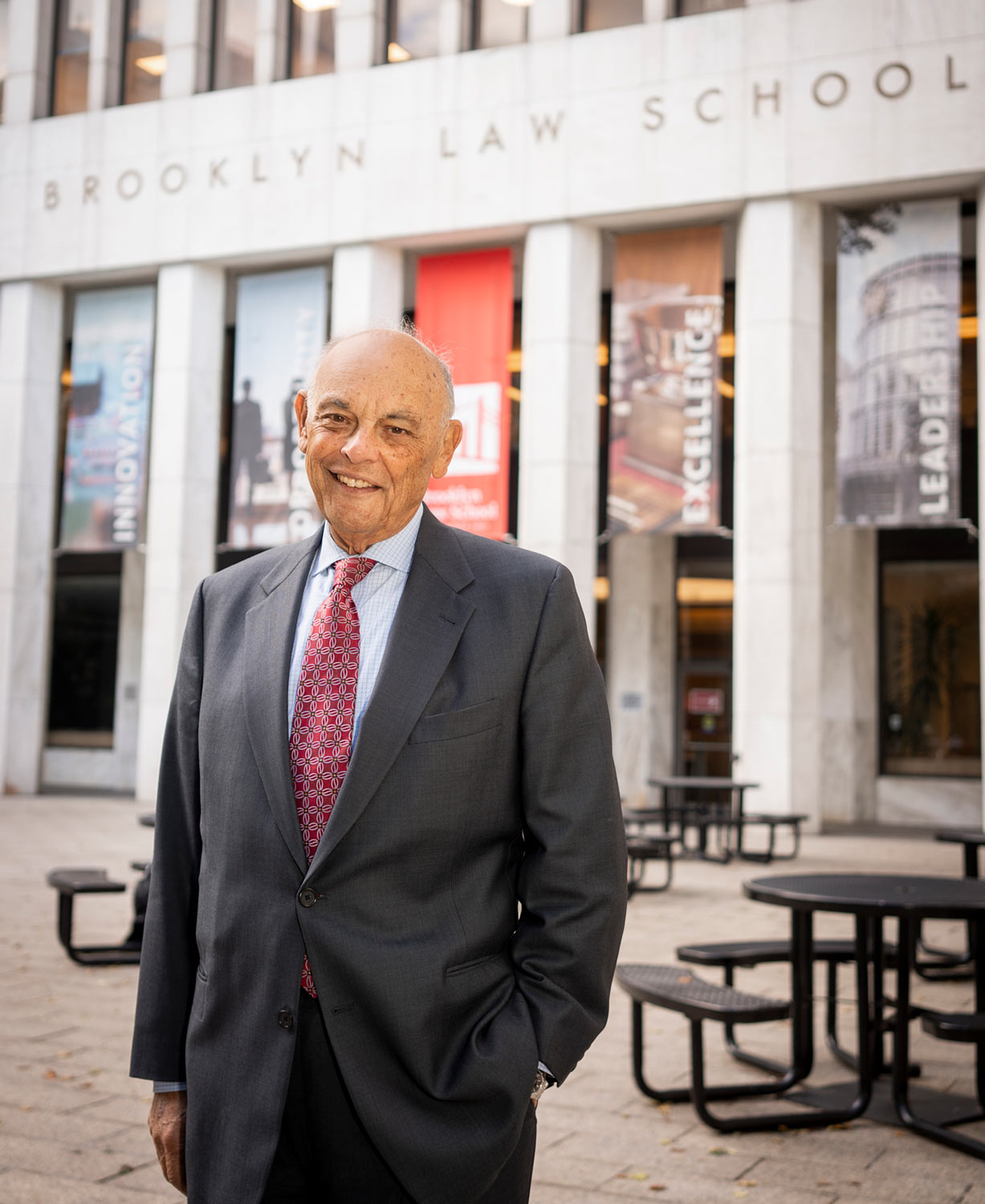
“Brooklyn Law School has been a family affair,” said Arthur Riegel. This feeling of family extended to the whole Law School community, which he felt fully embraced him, an older student who had already retired from his first career when he enrolled.
It is for this reason Riegel has decided, after a full second career in labor and employment law arbitration, to establish a scholarship to assist other nontraditional students embarking on the same path.
Riegel, who grew up in a family with little money but with parents who instilled in him the value of education, was a public school principal for 20 years before deciding to apply to law school.
Alumni Luncheon Raises Funds for Student Mental Health
alumni, faculty, trustees, and guests gathered virtually May 7, 2021, for the annual Alumni Luncheon. Three alumni were honored for their outstanding contributions to the Law School community and the legal profession: Stan Wilcox ’88, executive vice president of regulatory affairs at the National Collegiate Athletic Association, received the Alumnus of the Year Award; Ashley Fisher ’09, senior managing counsel of global brand, marketing and sponsorship at Visa, and Jordan H. Oreck ’11, senior counsel at Blue Pool Capital, were honored as Rising Stars. The virtual format included engaging conversations with the honorees conducted by the interviewer of their choice.
The Luncheon was sponsored by 36 law firms, organizations, and individuals connected to the Law School. All proceeds from the event will benefit the new Student Mental Health Initiative, which supports students’ mental health and well-being, enabling them to thrive in the classroom and beyond.
 The Alumni Board recognized that connecting with fellow graduates and friends was an important and cherished aspect of the Luncheon. Both the board and our very creative staff were determined to ensure that this opportunity was not lost in a virtual setting.
The Alumni Board recognized that connecting with fellow graduates and friends was an important and cherished aspect of the Luncheon. Both the board and our very creative staff were determined to ensure that this opportunity was not lost in a virtual setting. 
— Alumni Association President Valerie Fitch ’88
 You, our graduates, are our pride and our legacy. Even as we are continually strengthening your ranks, you are continually making us a stronger law school with your support, your advice, your help, and your good example.
You, our graduates, are our pride and our legacy. Even as we are continually strengthening your ranks, you are continually making us a stronger law school with your support, your advice, your help, and your good example. 
— Dean Michael T. Cahill
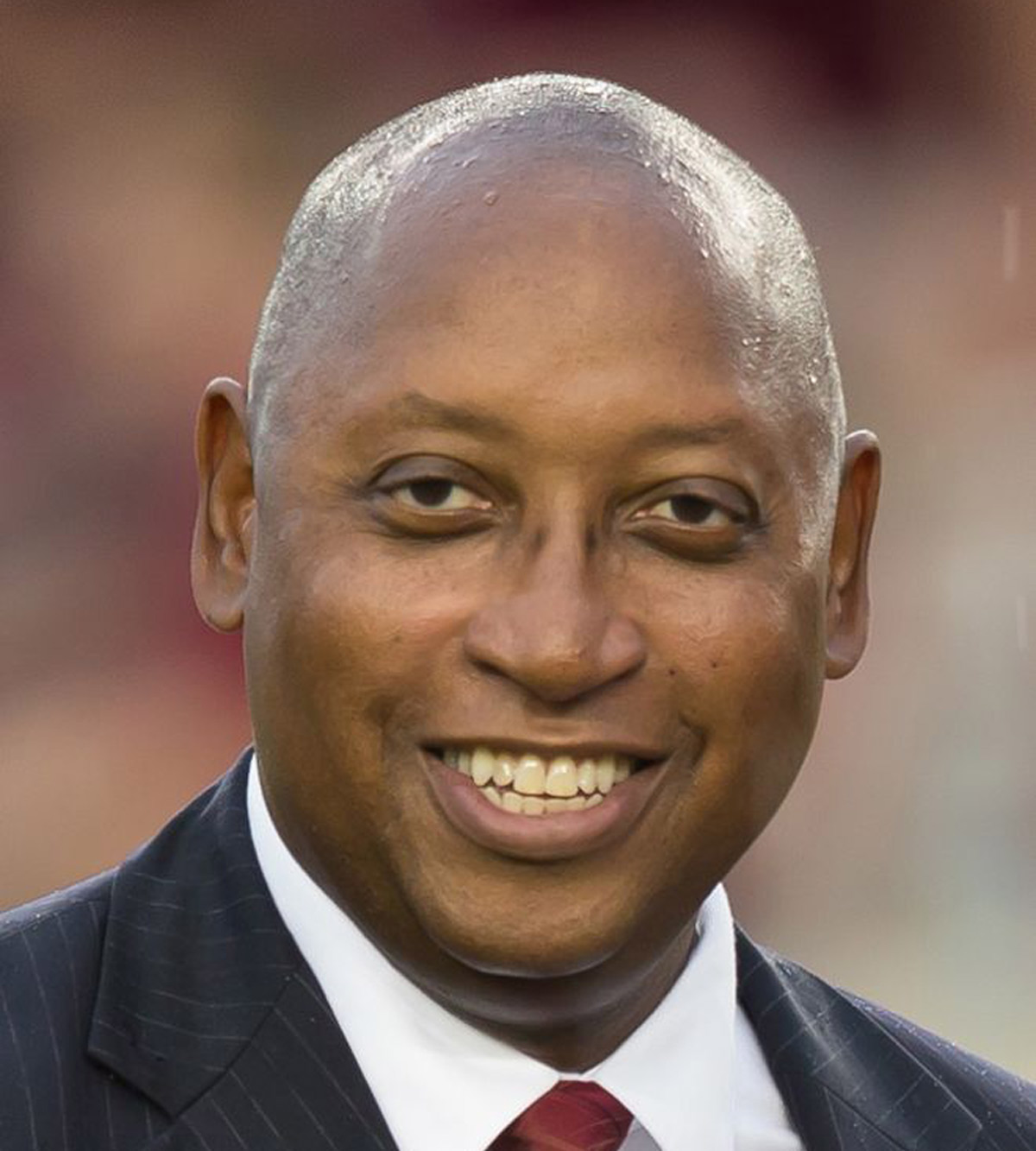
 Law school taught me what it really means to compete in the classroom. I learned to put the same kind of effort into law school that I had put into my athletics on the playing field [as a collegiate basketball player at the University of Notre Dame].
Law school taught me what it really means to compete in the classroom. I learned to put the same kind of effort into law school that I had put into my athletics on the playing field [as a collegiate basketball player at the University of Notre Dame]. 
— Stan Wilcox ’88
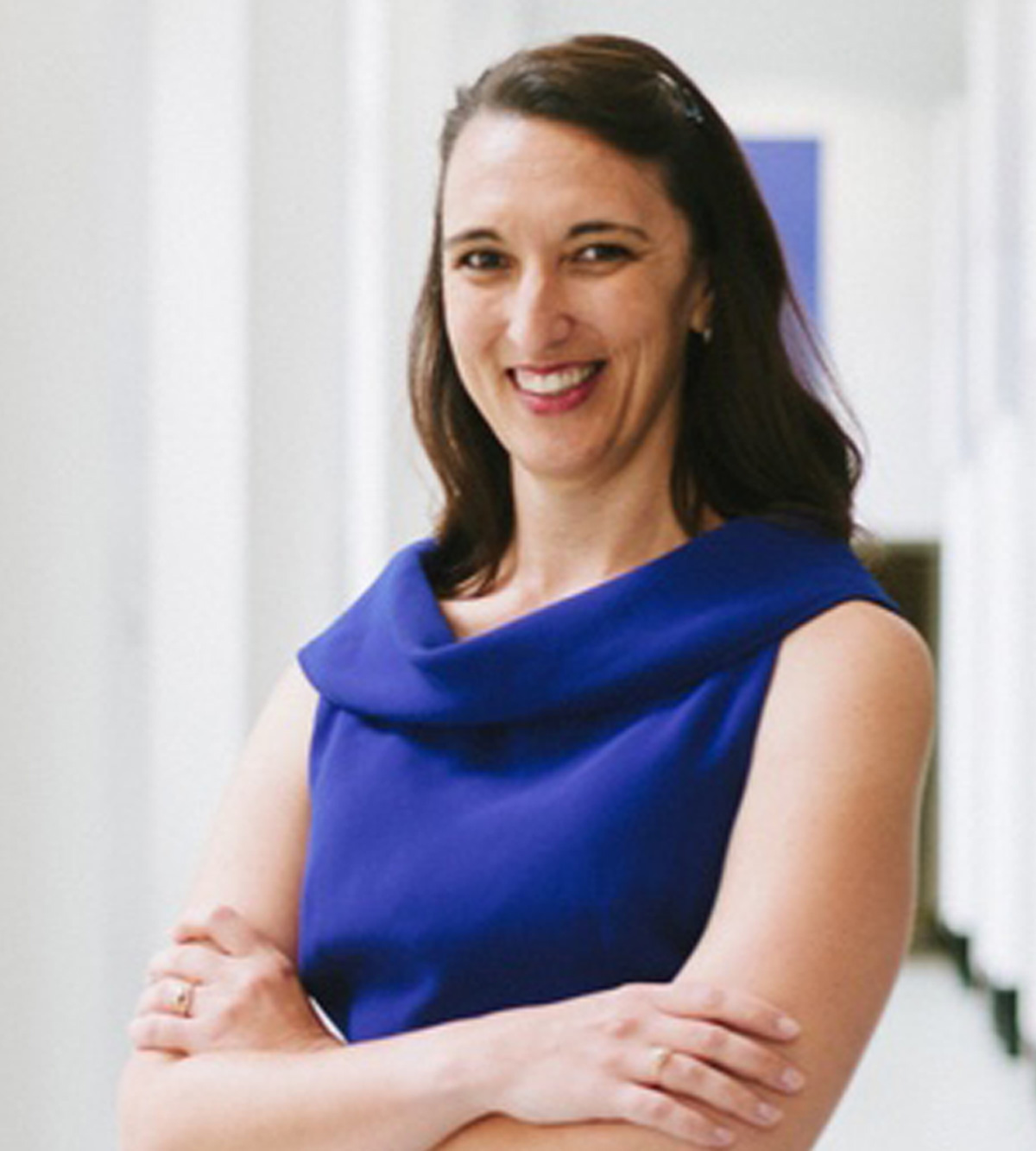
 The way I think about giving is that now I am the one reaching a hand down and helping up those who are coming up after me. Whether through financial support, mentoring time, or participation in anything that is asked of me, it’s about paying it forward.”
The way I think about giving is that now I am the one reaching a hand down and helping up those who are coming up after me. Whether through financial support, mentoring time, or participation in anything that is asked of me, it’s about paying it forward.” 
— Ashley Fisher ’09
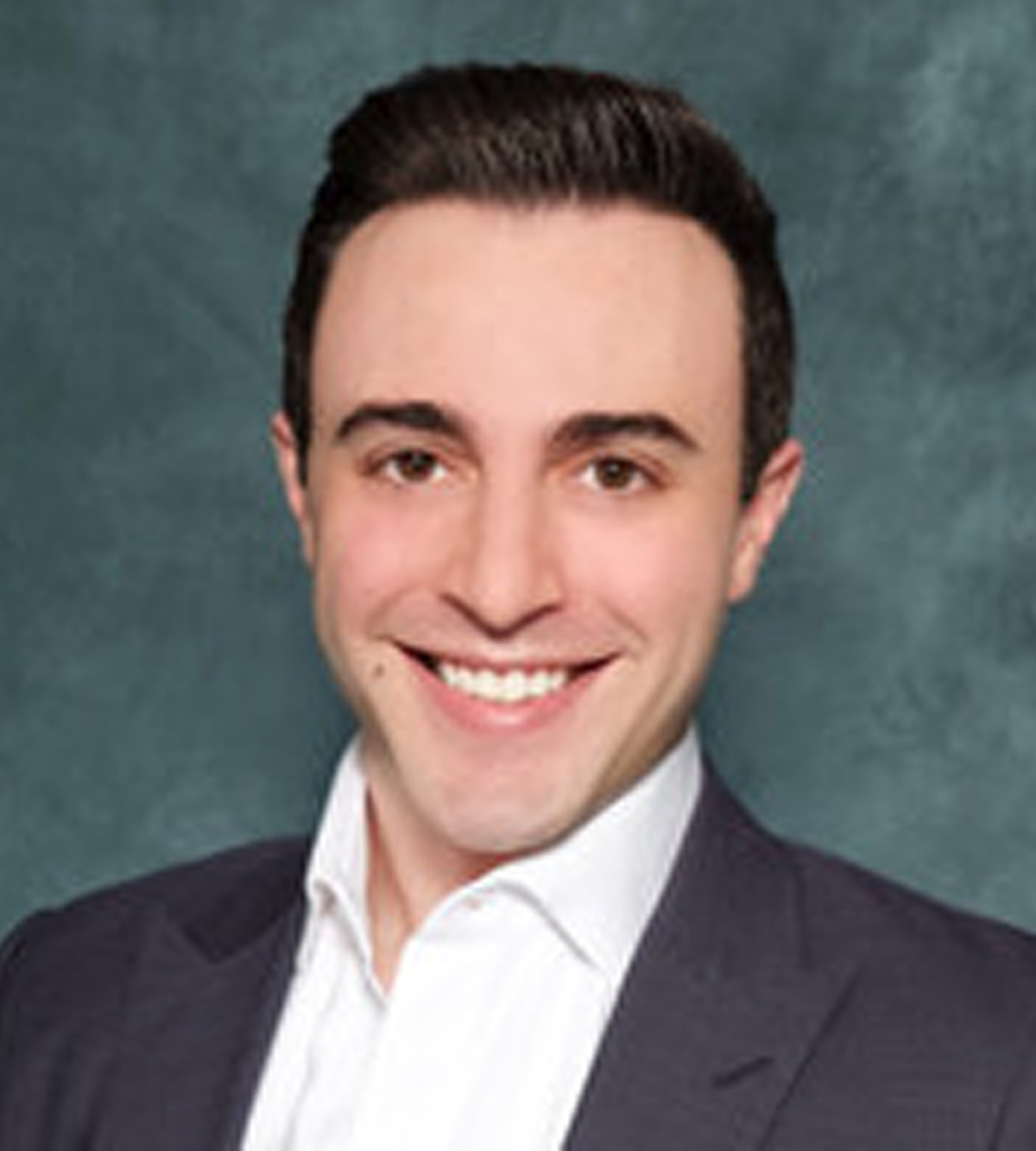
 All the exposure that I got through classes and internships was a phenomenal foundation for what I do. Being exposed to things like securities law, corporate finance, international arbitration, and banking before starting my career gave me a head start.”
All the exposure that I got through classes and internships was a phenomenal foundation for what I do. Being exposed to things like securities law, corporate finance, international arbitration, and banking before starting my career gave me a head start.” 
— Jordan H. Oreck ’11
Fred Rosen ’69 Gets Down to Business with Students

“The only thing that prevents you from doing anything is yourself,” said Rosen. “Sometimes people are angry at you, sometimes they are mad at you, sometimes they don’t like you… but so long as you feel you are doing the right thing, you just have to tune out the noise and keep moving forward. You wake up in the morning, and start a new day. I did what I wanted to do—that was my journey.”
Rosen imparted his philosophies of entrepreneurship to a captivated audience of entertainment law students in a Q&A with Dean Cahill hosted by the Brooklyn Entertainment & Sports Law Society. In a free-ranging conversation, Rosen related how he leveraged his experience in practice to build the world’s leading computerized ticketing service.
Not content just to donate his time to students, Rosen created the Seymour and Hannah Rosen Endowed Scholarship in 2021. Named after his parents, the scholarship has unique criteria targeting students who possess the skills that Rosen believes were essential to his success.
The Future of New York City Real Estate: Here to Stay
As New York City emerged from the COVID-19 pandemic, Brooklyn Law School alumni and students convened virtually at a networking event to discuss the ongoing impact of lockdown orders and remote work on the city’s real estate industry. The April 2021 event was organized by the Brooklyn Law Real Estate Society.
“What I love about what I do is that it’s tangible. It’s wonderful to walk around the city and see projects I worked on and contributed to,” said Laurie Stanziale ’97, partner at Fox Rothschild, in her opening remarks. “For every person who has left, there are five more who want to live here. There may be a lot of shifting going on, but New York City real estate is here to stay.”
Attendees entered breakout rooms for discussions on their practice areas of interest, led by Stanziale; Robert F. Alleman ’10, Greenberg Traurig; Andrea Anderson ’04, WeWork; Evelyn D’Angelo ’13, Starr Associates; Mitch Korbey ’03, Herrick Feinstein; Steven Sladkus ’94, Schwartz Sladkus Reich Greenberg Atlas; Moira Skeados ’09, New York City Housing Development Corporation; and Philip Tucker ’11, Herrick Feinstein.

ClassNotes
Gerald Korman ’63
Barry M. Elkin ’64
Morris Engelberg ’64
Noel Jay Feinberg ’64
Kenneth Rappaport ’69
Daniel Retter ’69
Larry H. Schatz ’69
Leonard Zedeck ’69
Jeffrey D. Forchelli was named a 2022 Lawyer of the Year by Best Lawyers in America in the area of land use and zoning law for the fifth consecutive year. Forchelli is a member of the Brooklyn Law School Board of Trustees and chair and co-managing partner of Forchelli Deegan & Terrana.
Marc Berman was appointed to the advisory board of Options Solutions. He is currently a senior advisor at OCA Ventures.
Daniel Moskowitz’s novel Bronx Stagger was recognized by the 2021 Independent Press Award program in the “Cross-Genre” category.
In Memoriam
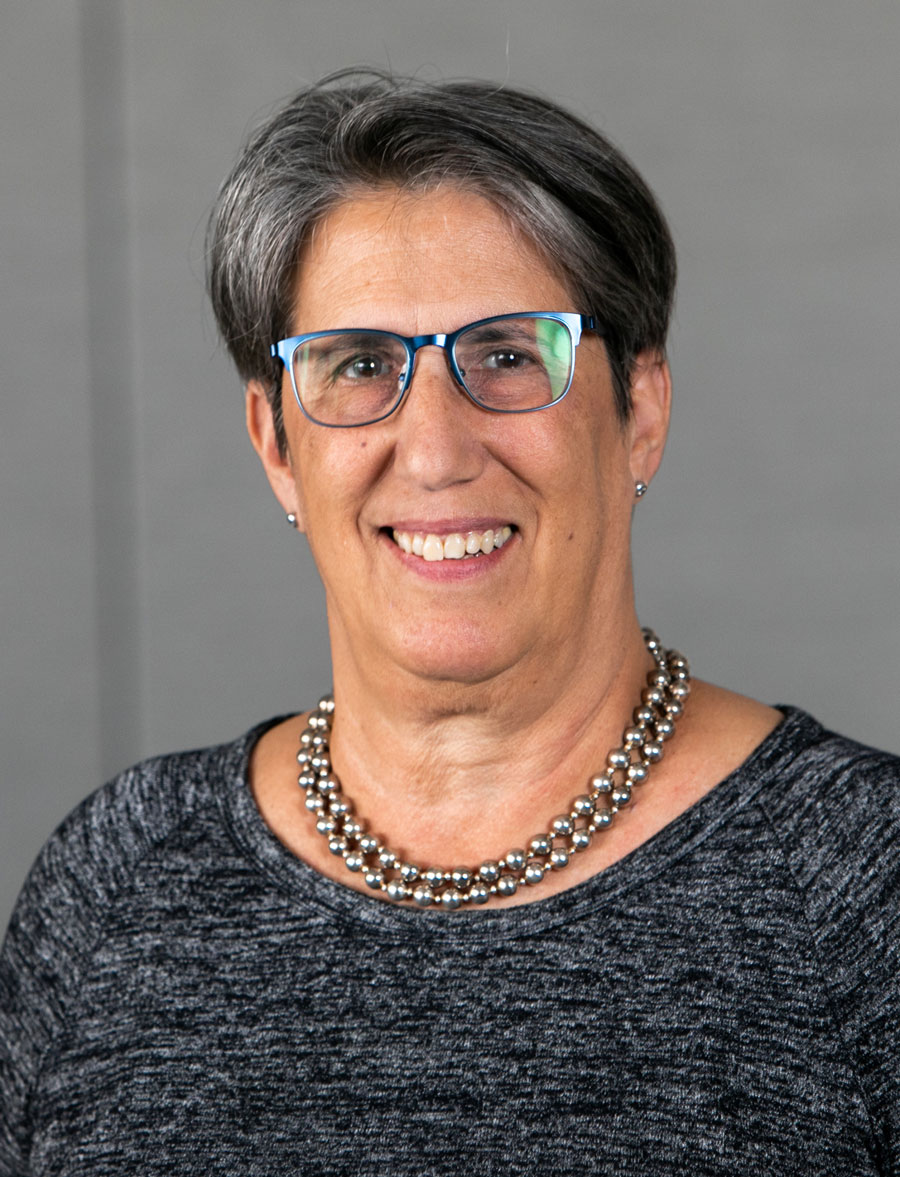
Professor Minna J. Kotkin, a longtime and esteemed member of the Brooklyn Law School faculty and a trailblazer in employment law and sexual harassment law, died suddenly Sept. 30, 2021. She was 70.
Kotkin, who joined the faculty in 1984, was professor of law and director of the Federal Litigation Clinic and the Employment Law Clinic, specializing in employment discrimination law and sexual harassment issues. She also taught Civil Procedure, Administrative Law, Civil Rights Law, and Interviewing and Counseling.
In 2020, in response to the nationwide shutdown of businesses caused by the COVID-19 pandemic, Kotkin launched the Pandemic Employment Relief Clinic, which rallied hundreds of law students to help New York workers who had been displaced, particularly freelance or gig workers. In recognition of this work, the Law School received the New York State Bar Association President’s Pro Bono Service Award.
A vocal advocate for the rights of the disempowered, Kotkin wrote and lectured extensively on issues of employment discrimination, with a particular emphasis on sexual harassment and confidentiality. She was also called upon frequently to discuss employment discrimination and sexual harassment in the media, including the Washington Post, the New York Times, HuffPost, NPR, “PBS Newshour,” and Wired, among other national outlets.

Closing


Holding Nursing Homes Accountable
In her note “Shadow Nursing Home Ownership: How a Failure in Government Oversight of For-Profit Nursing Homes in New York Has Allowed Profits to Balloon and Standards of Care to Plummet,” 28 Cardozo Journal of Equal Rights and Social Justice __ (forthcoming 2022) Marissa Espinoza ’23 examines how owners of for-profit nursing homes create byzantine ownership structures that shield them from regulation, liability, and public scrutiny, increasing profits at the expense of vulnerable patients and their families.
How is nursing home ownership generally structured, and how does that drive profits to the owners?
In problematic nursing homes, critical functions, such as laundry, are outsourced to outside LLCs, which are owned by relatives or close associates. The relative’s company sets prices for the service, which is paid for by the nursing home’s LLC.
The trouble with this dynamic is that approximately 70 percent of nursing home revenue stems from Medicare and Medicaid—taxpayer-funded programs. So, these subsidiary LLCs set their prices knowing that the nursing home LLC isn’t going to challenge them.
In one nursing home I examined, relatives both ran the facility and owned the land it was built on. The nursing home held a long-term lease with an outrageously high rent, allowing the family to funnel the nursing home’s rental expenses back into their profits.
